
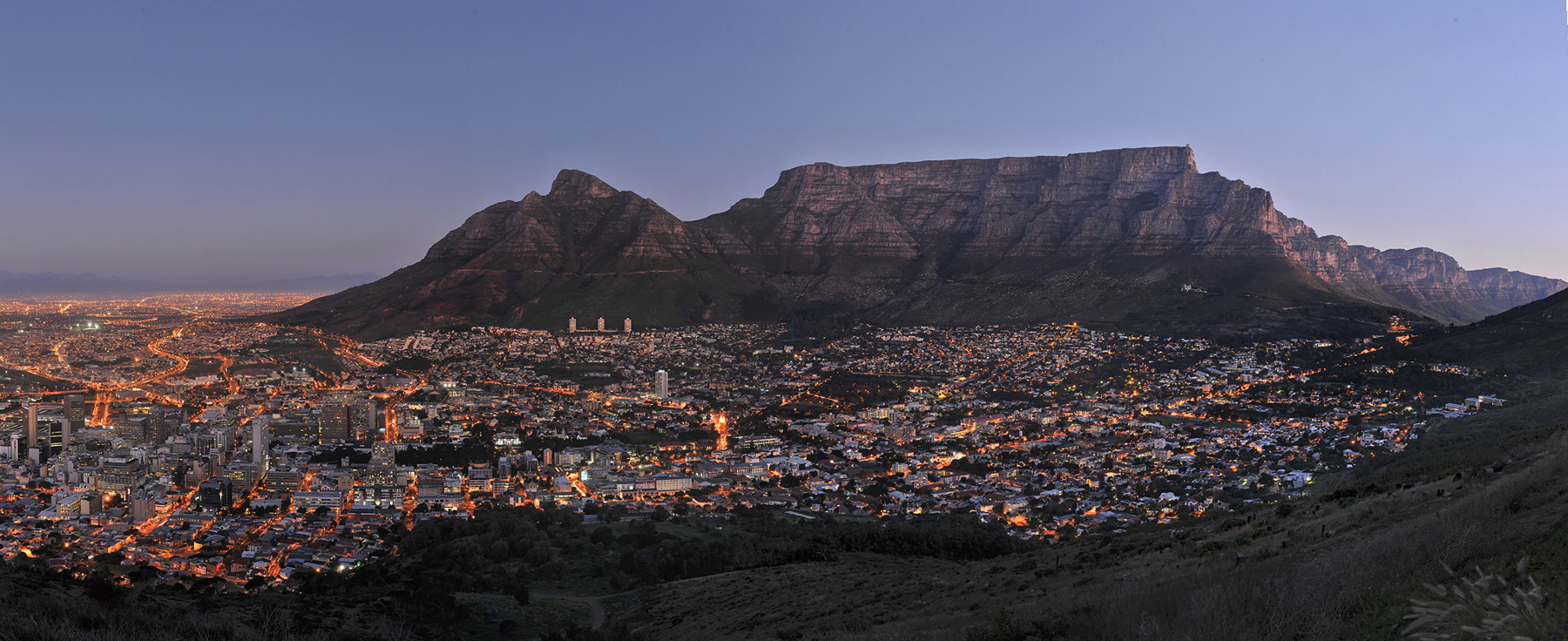
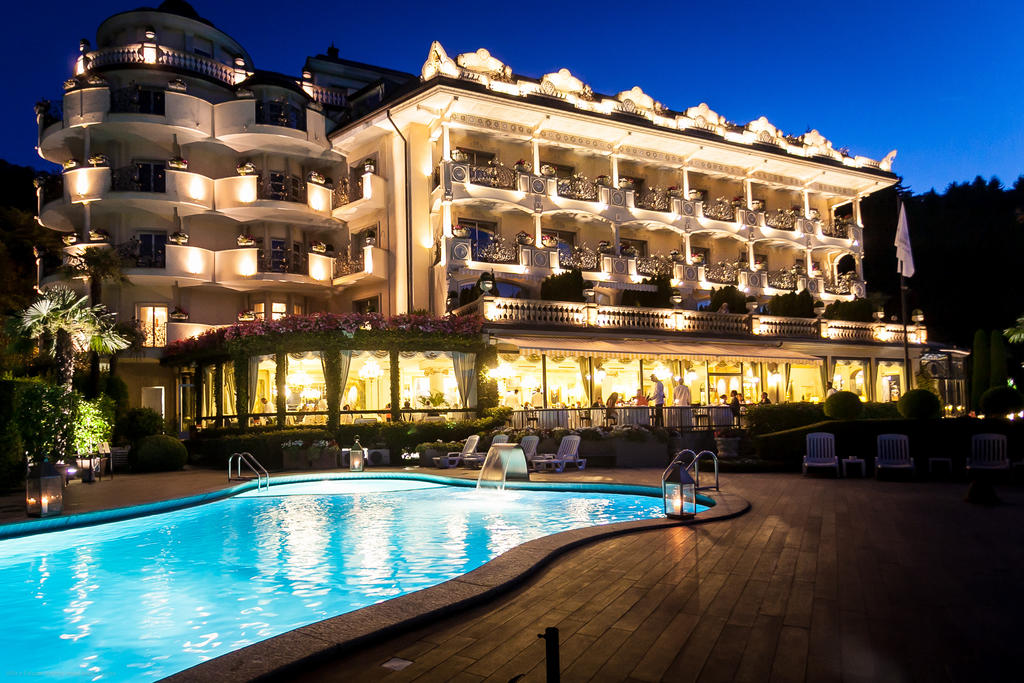
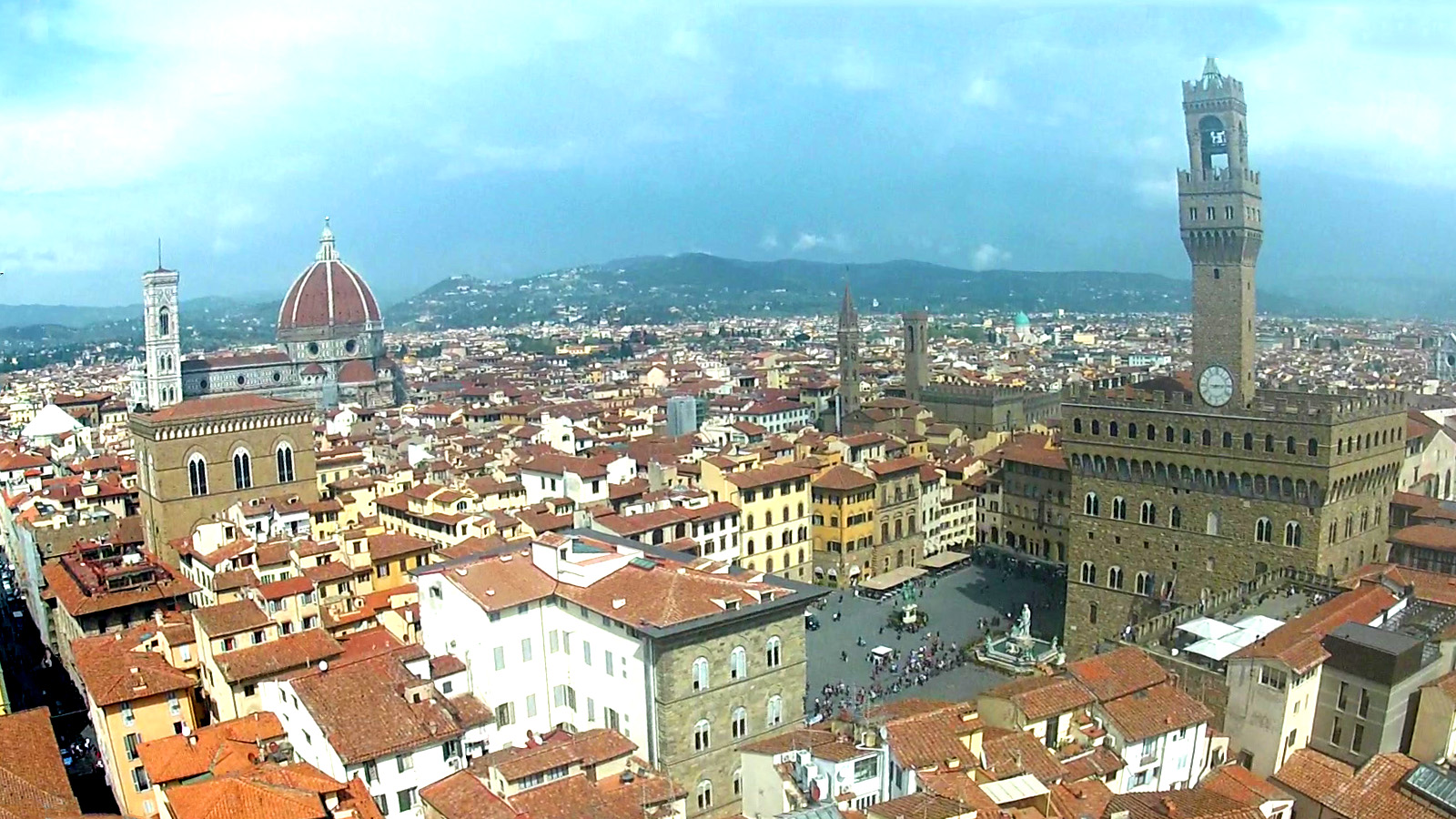

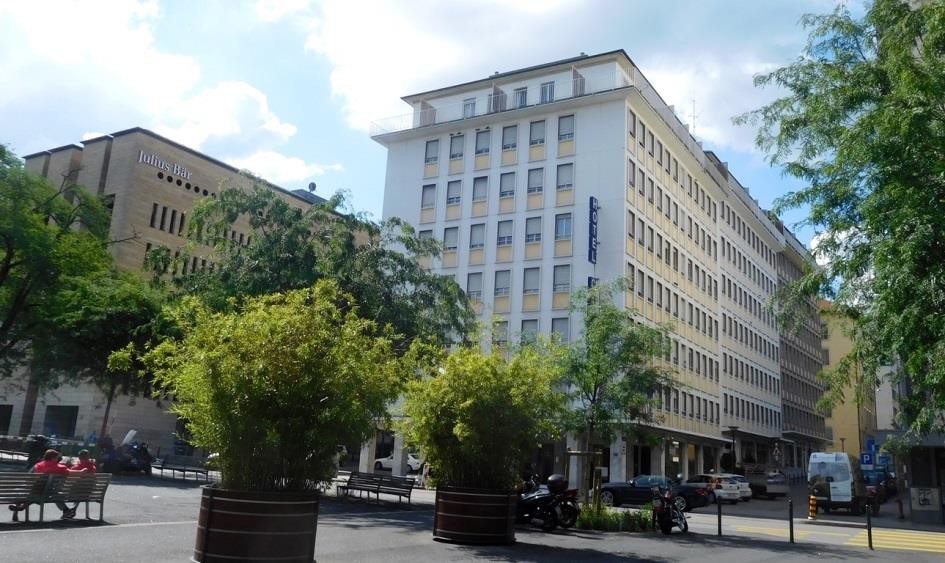
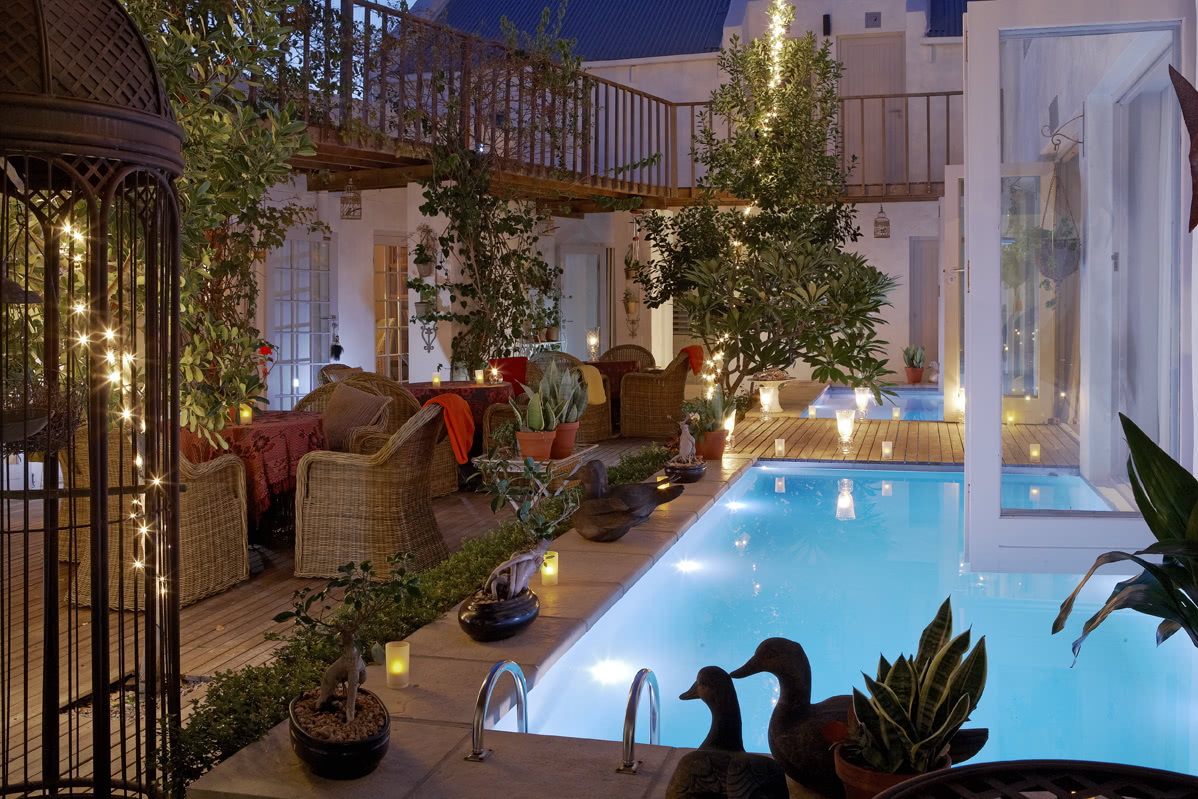
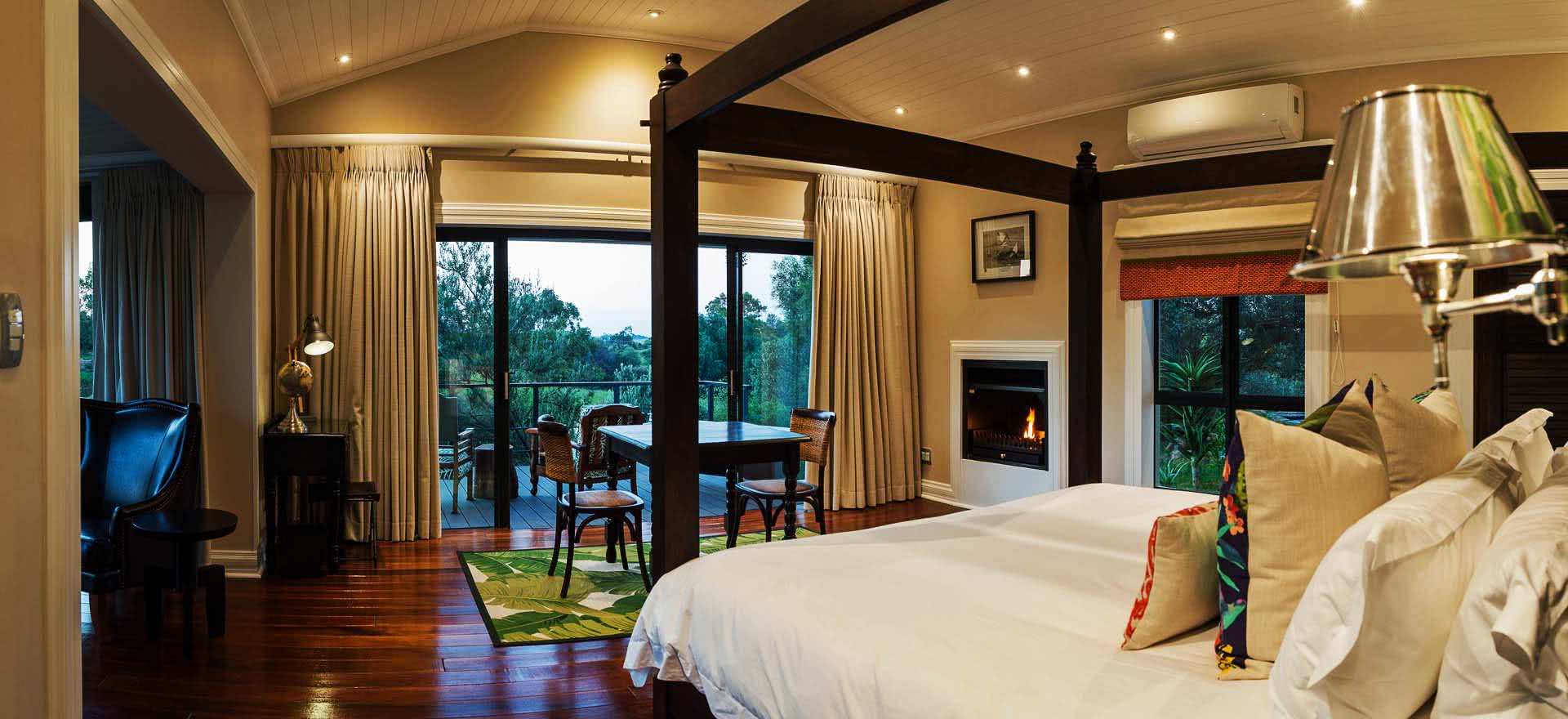
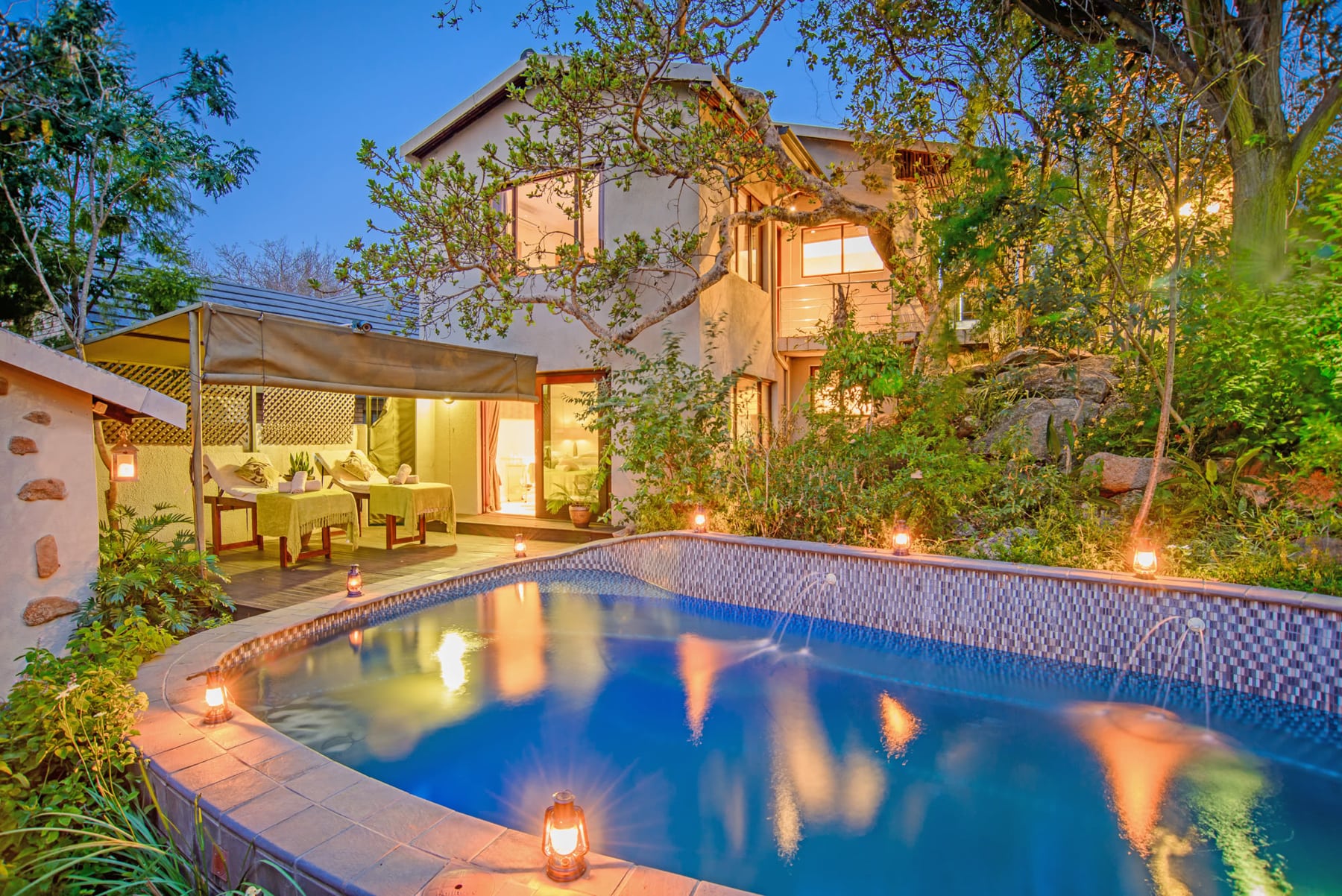

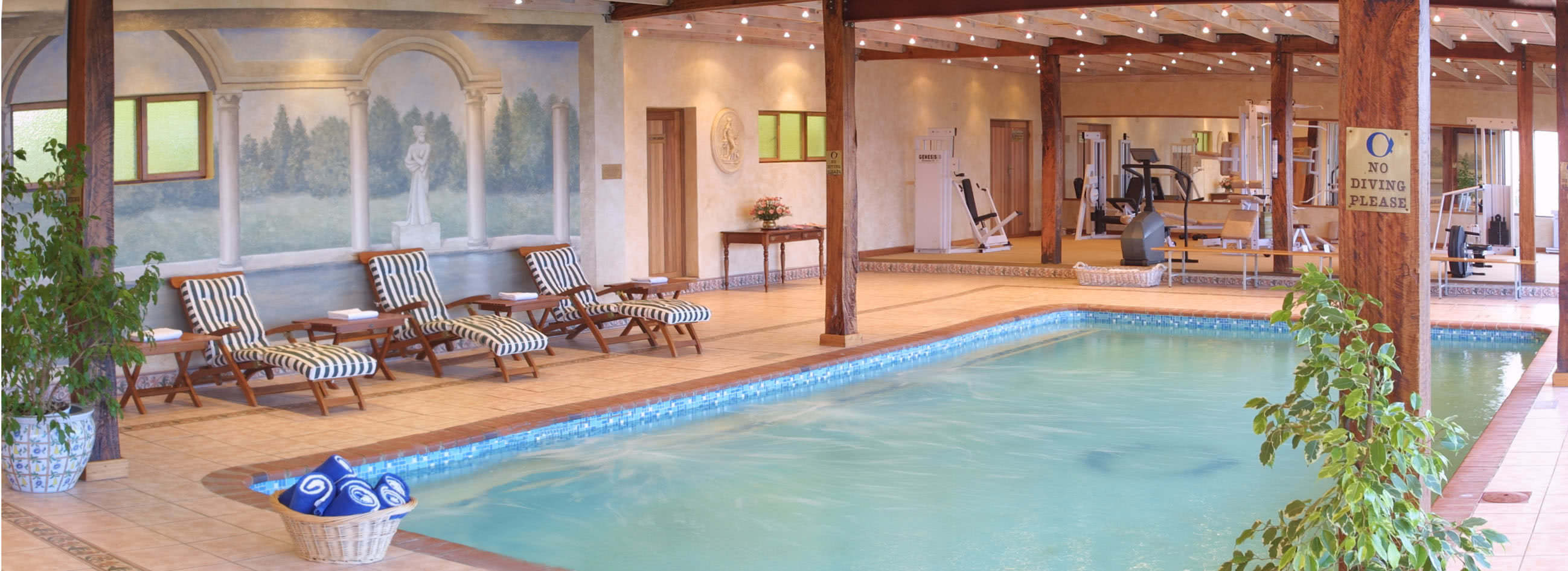
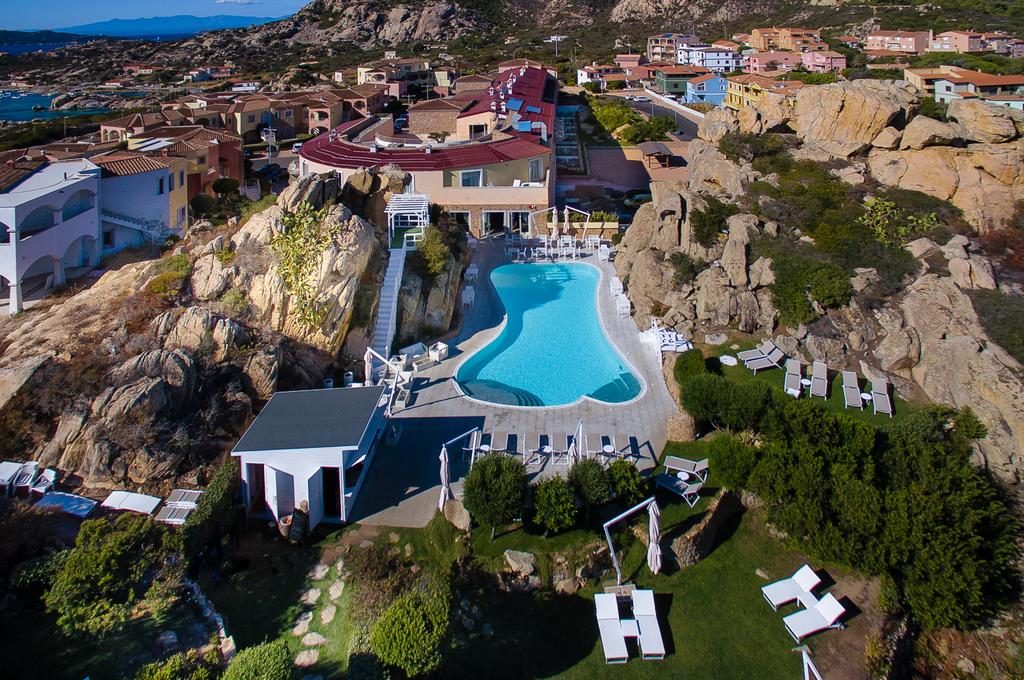
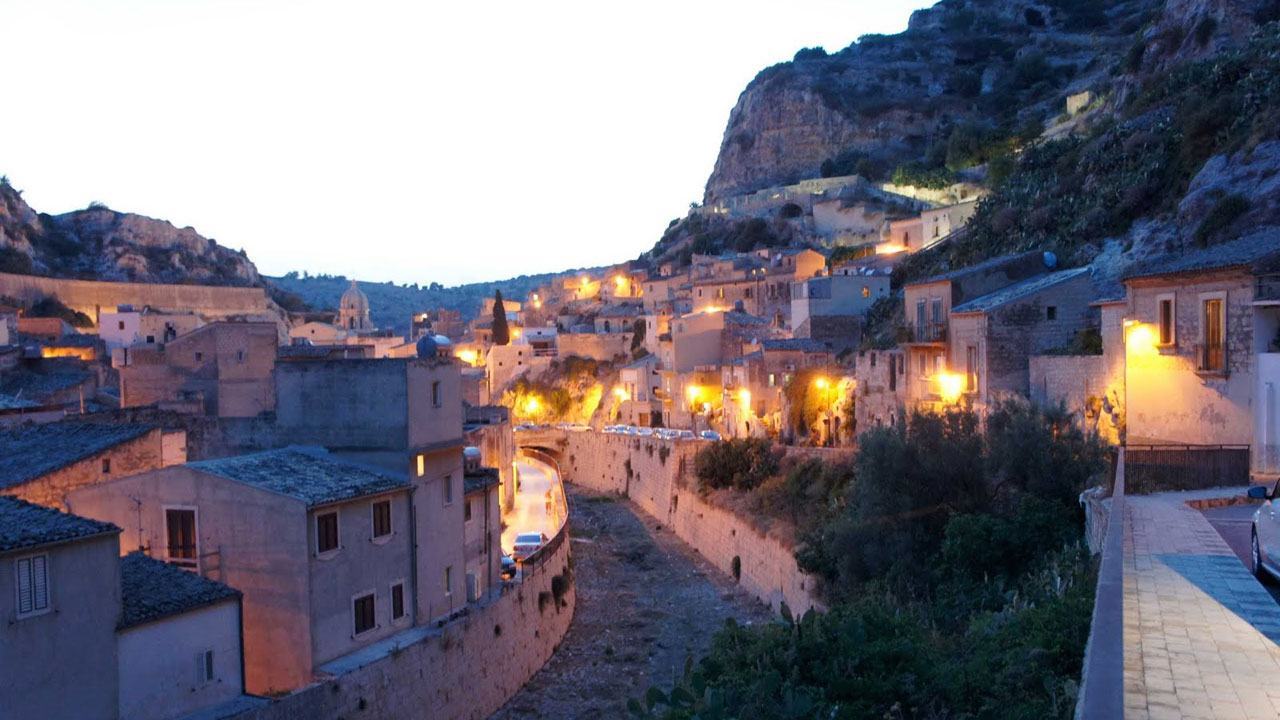
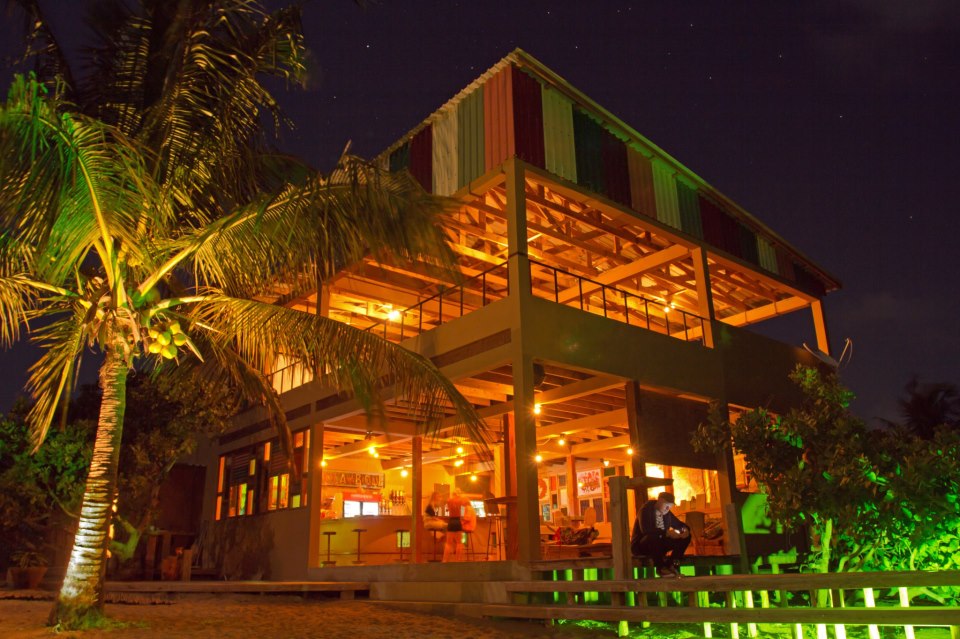
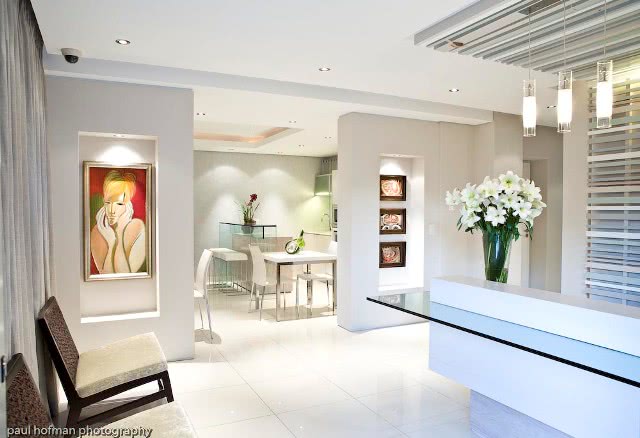
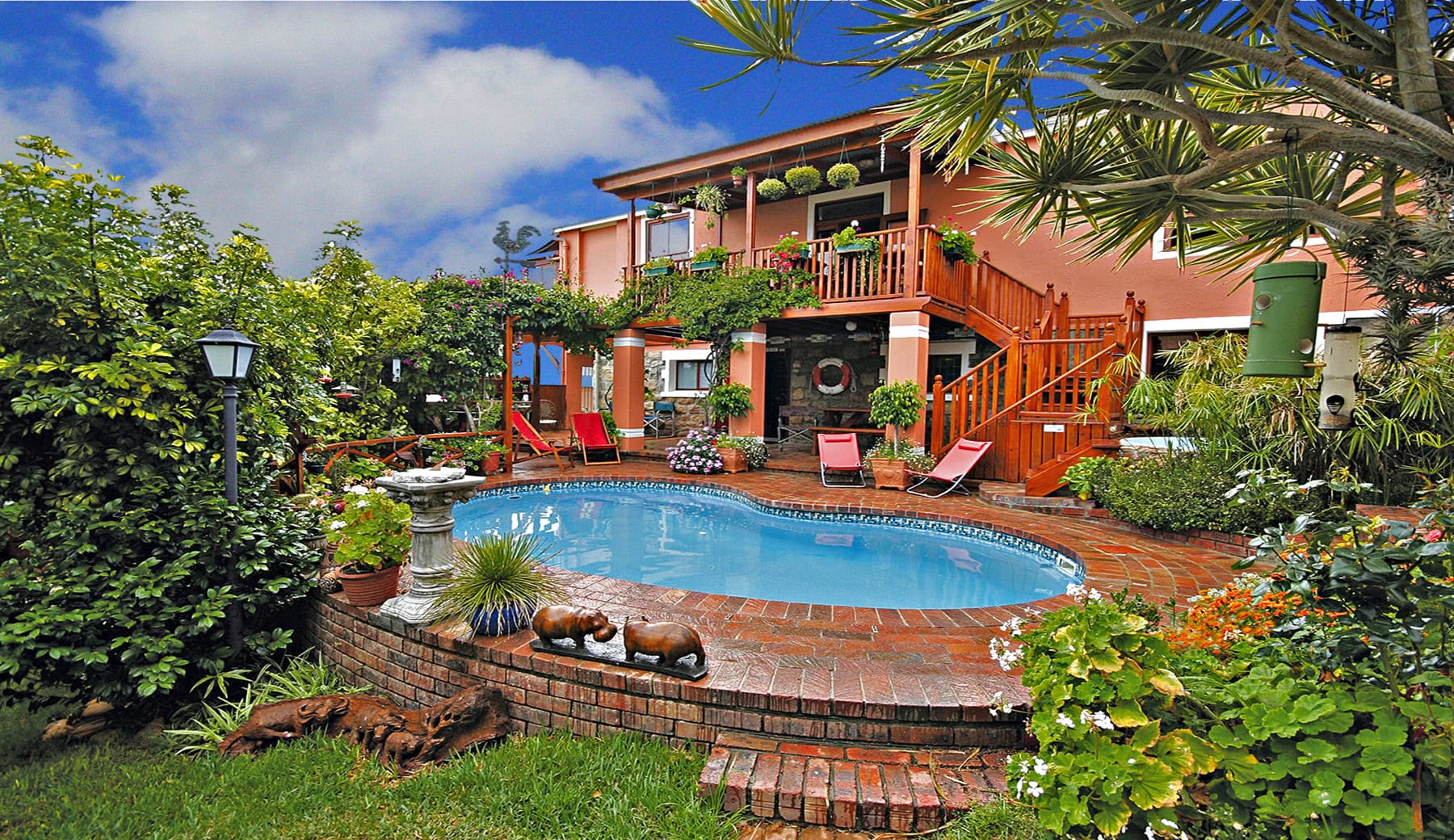
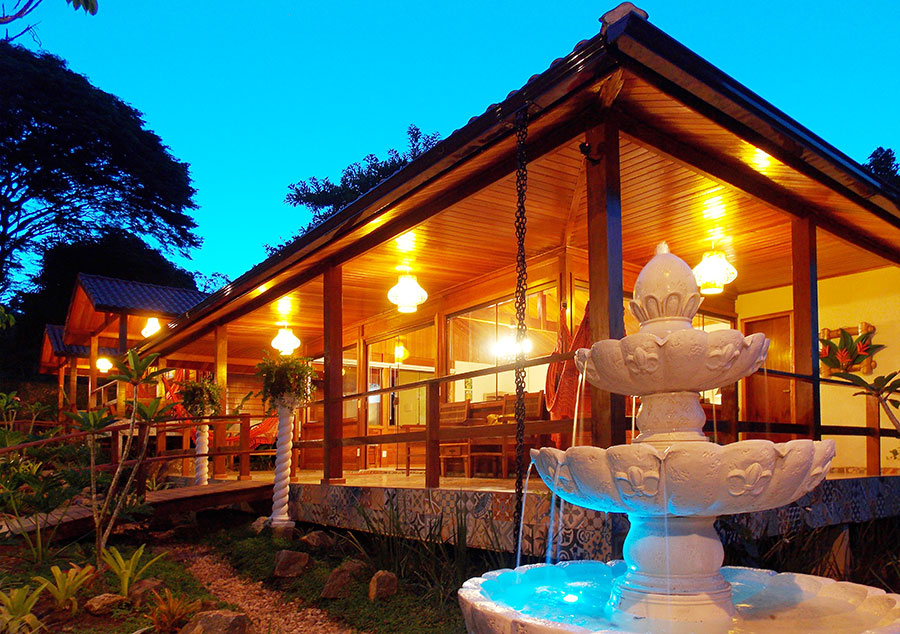
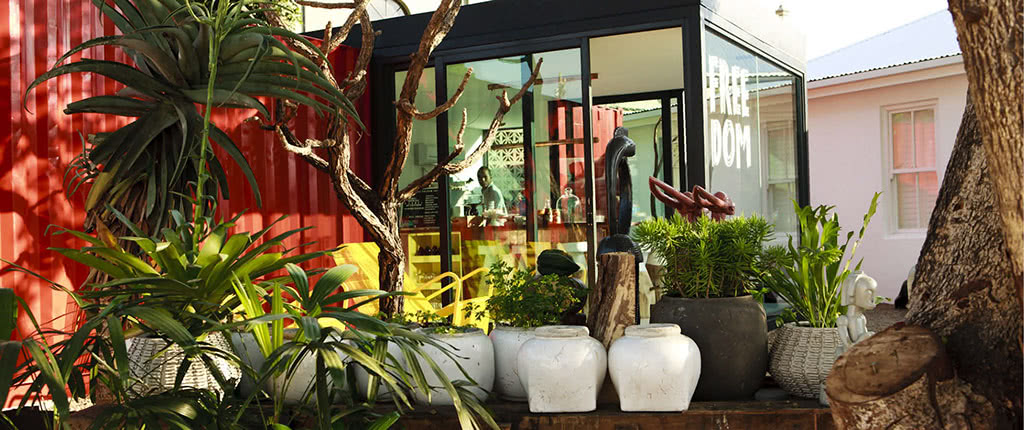
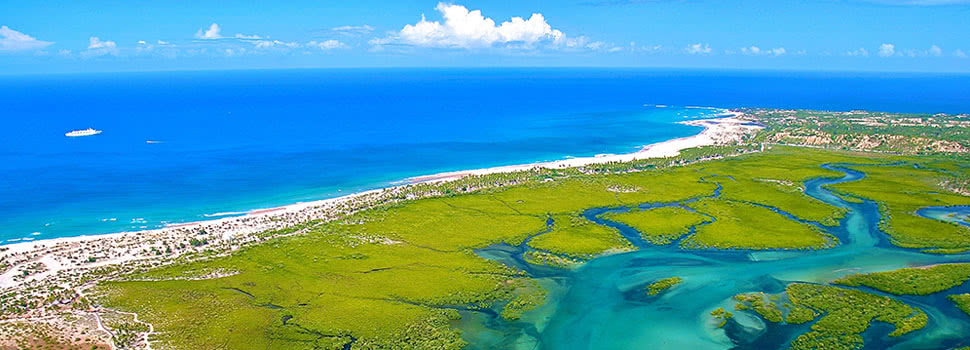
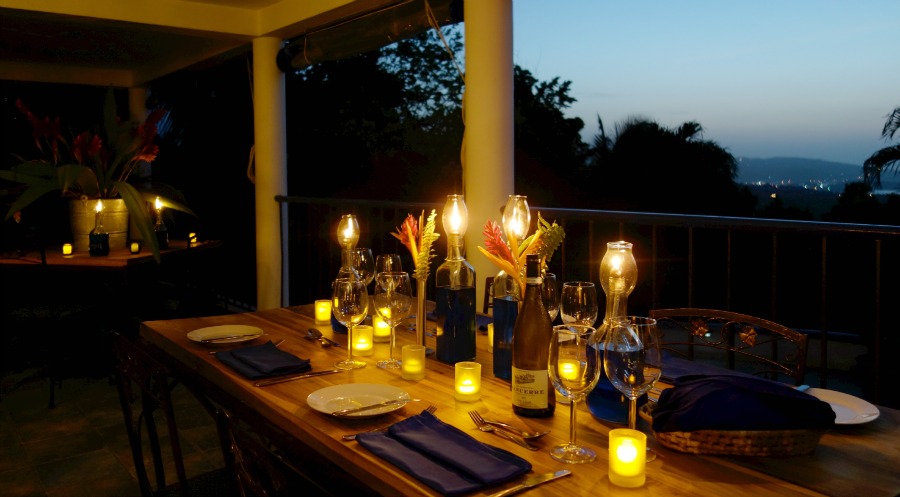
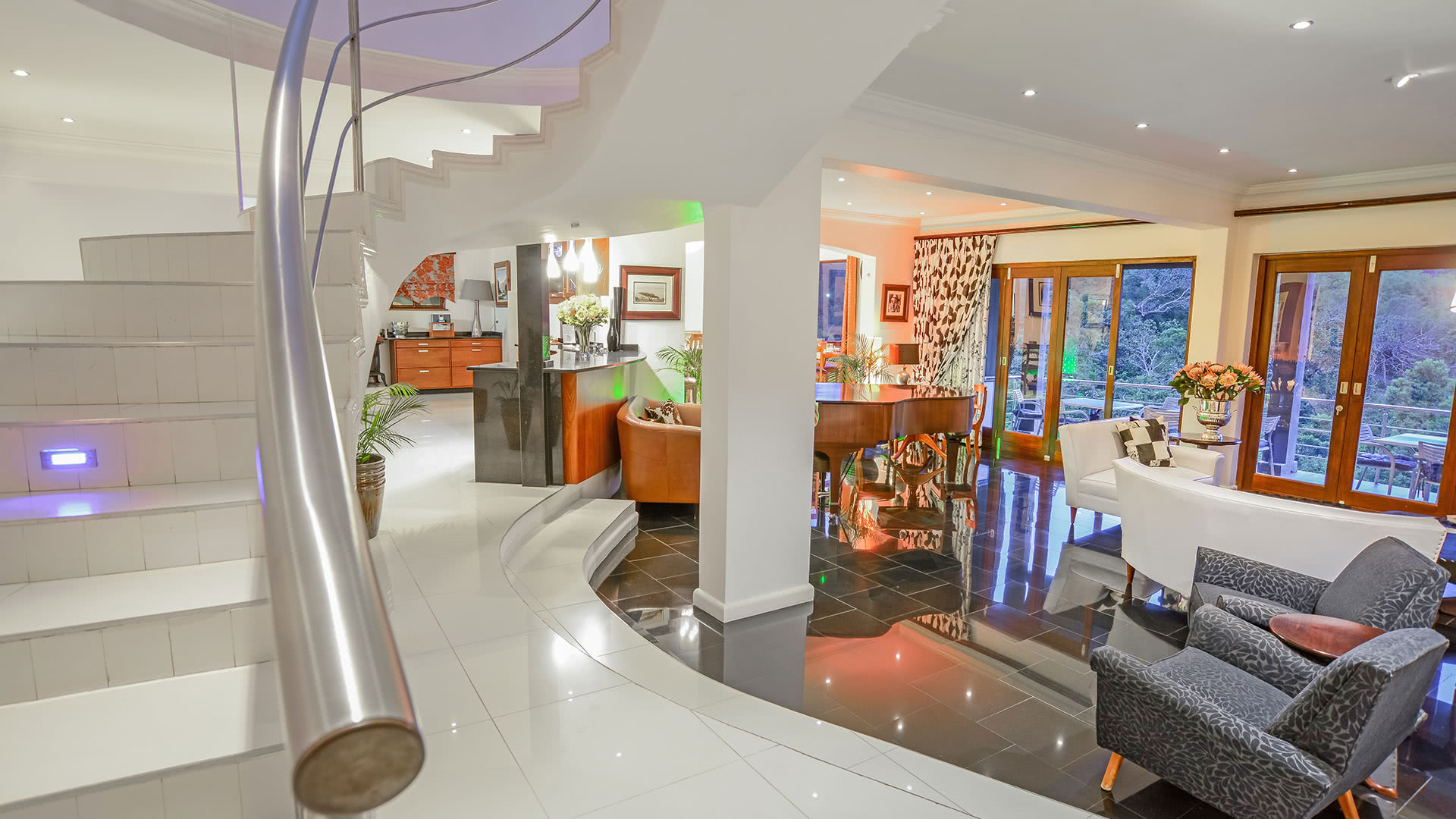
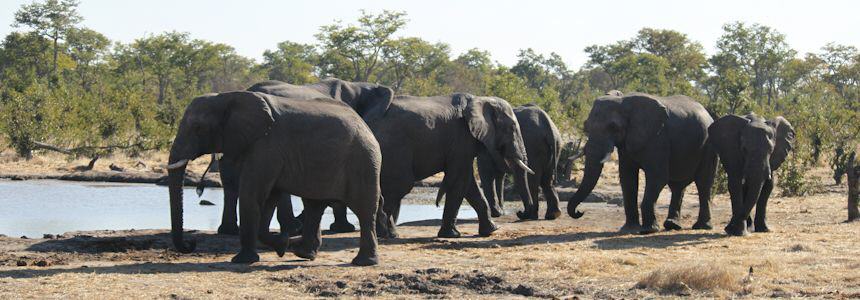
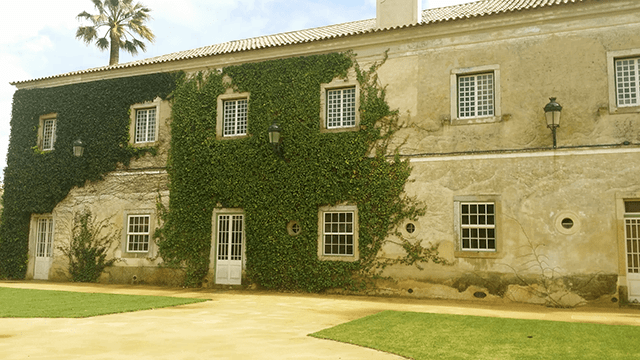
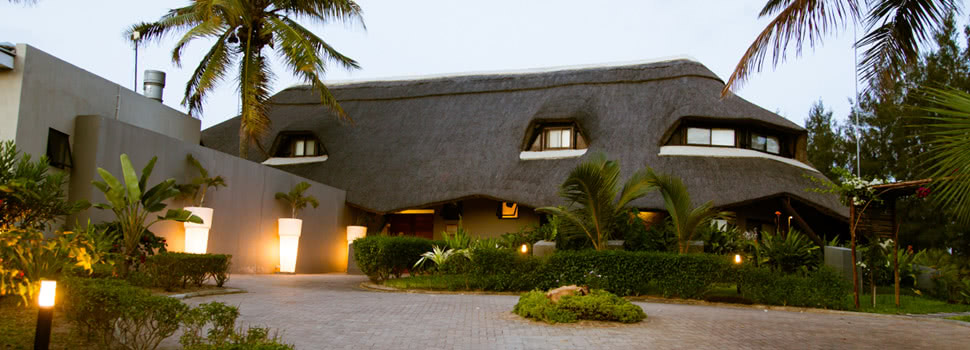
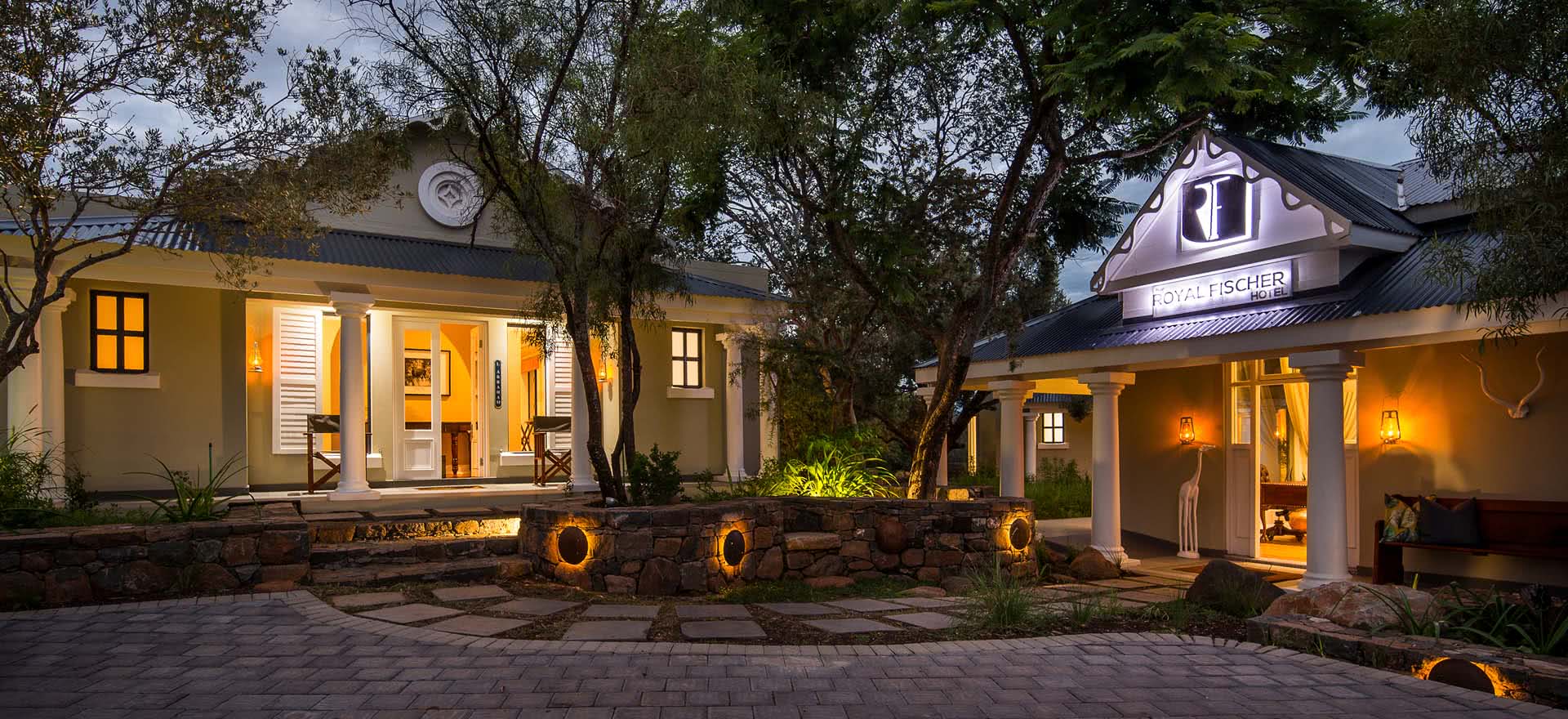
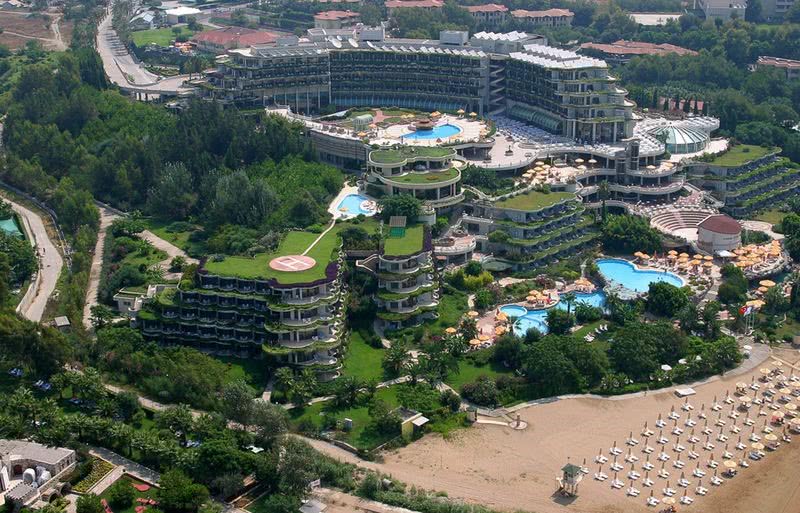
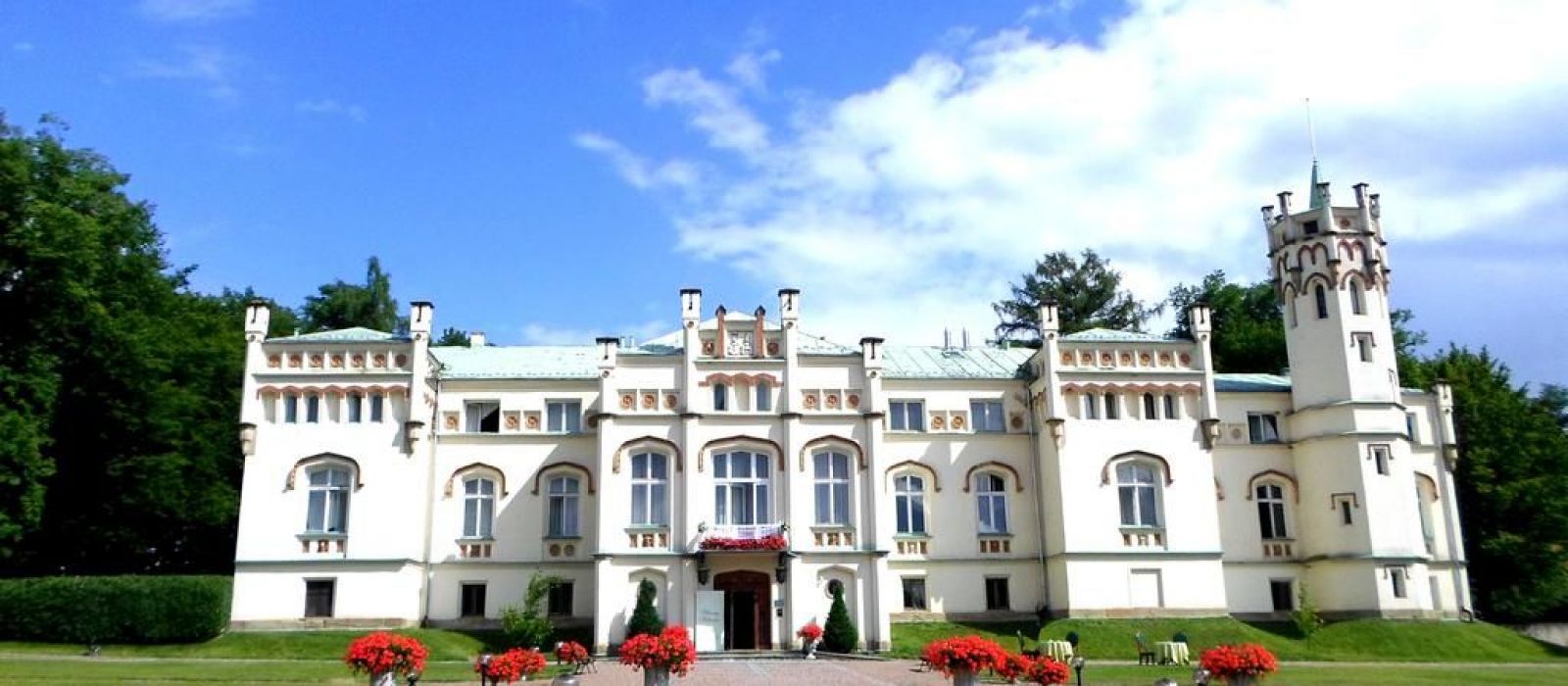
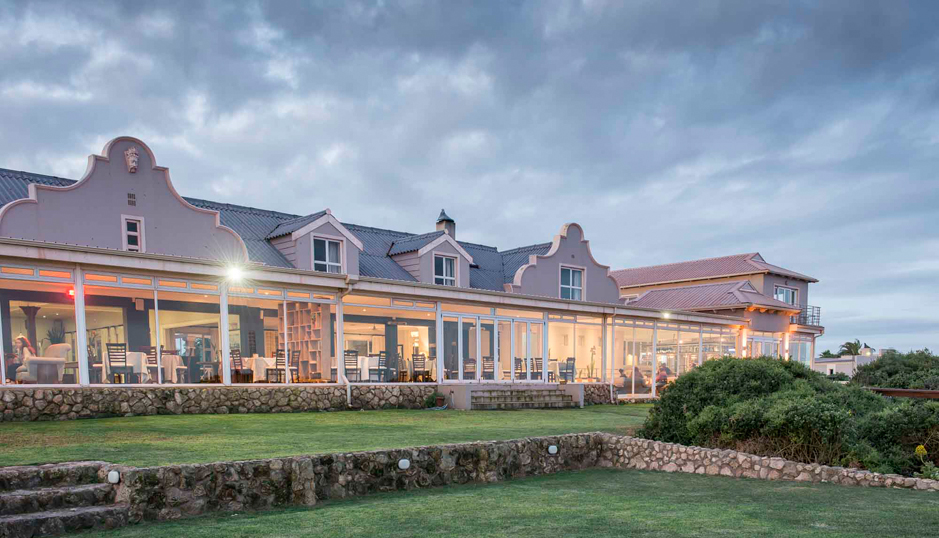
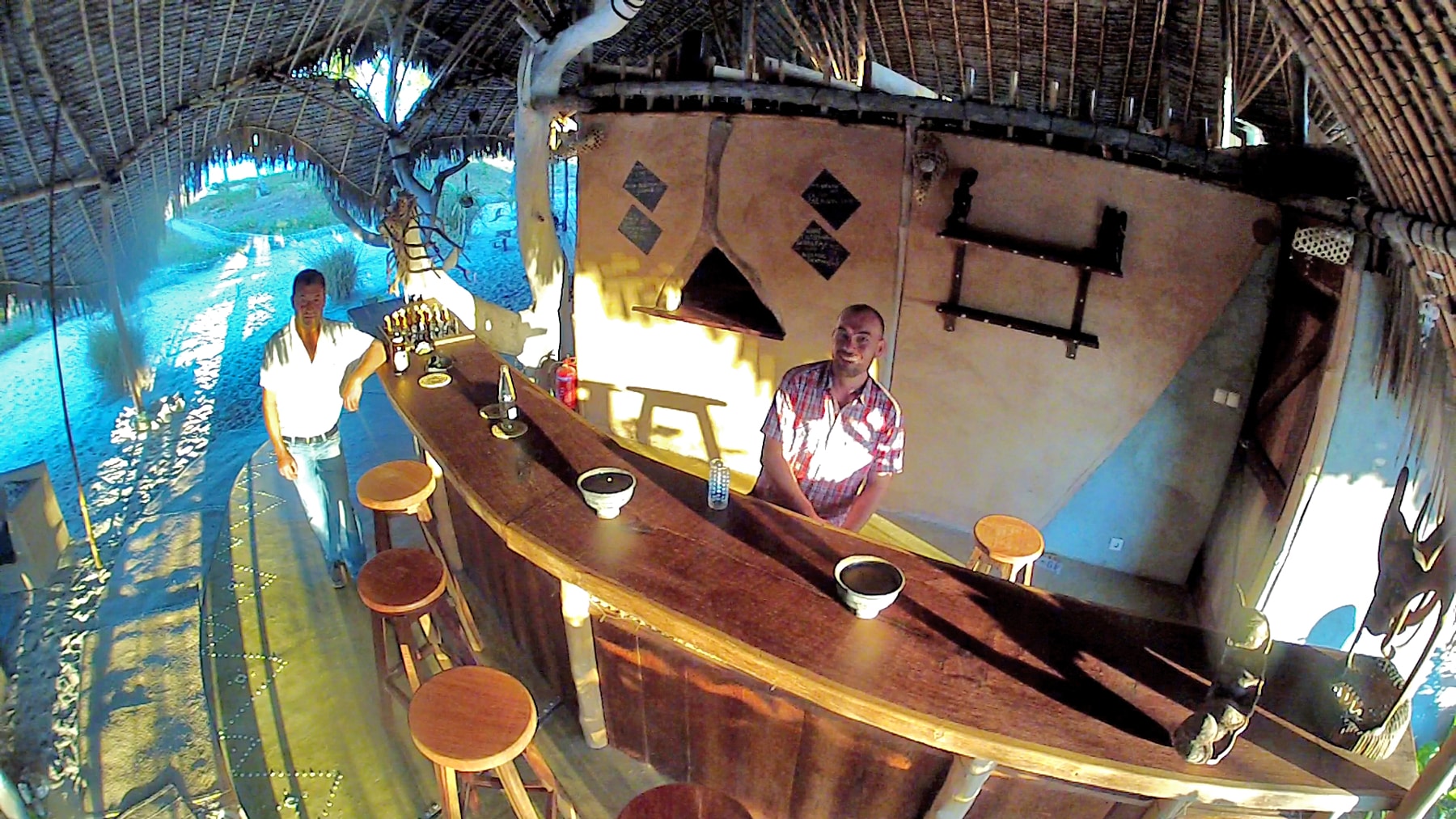
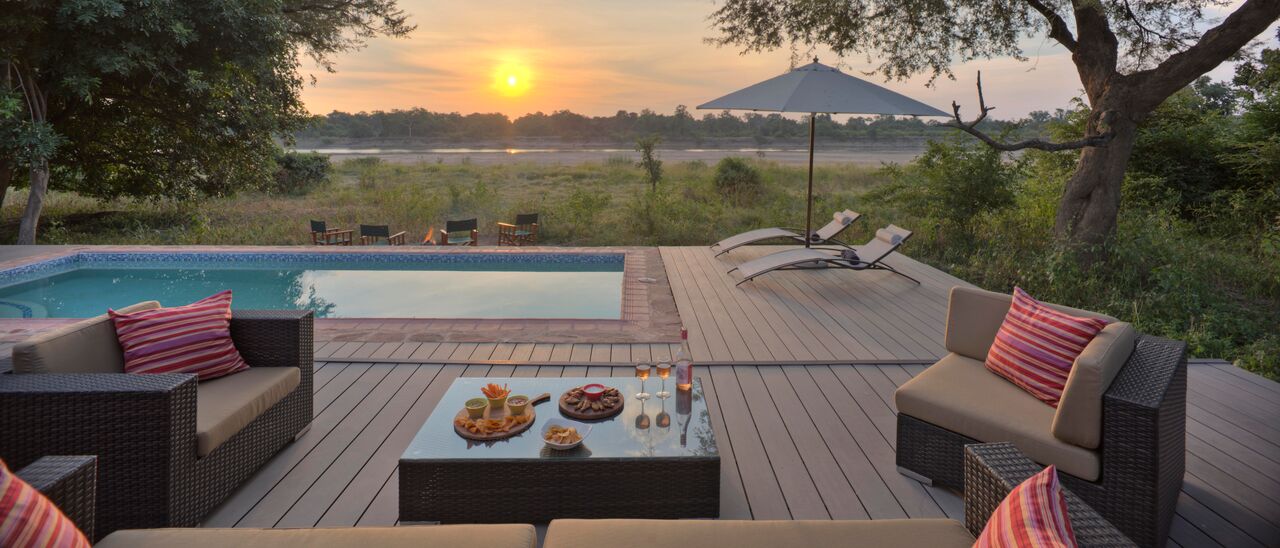
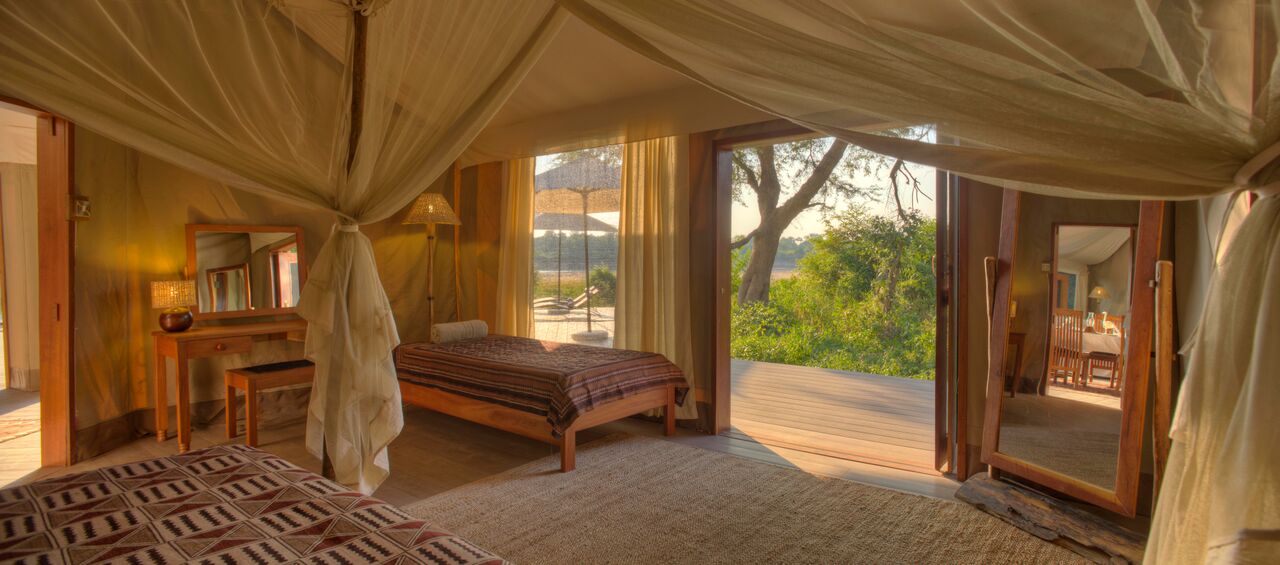
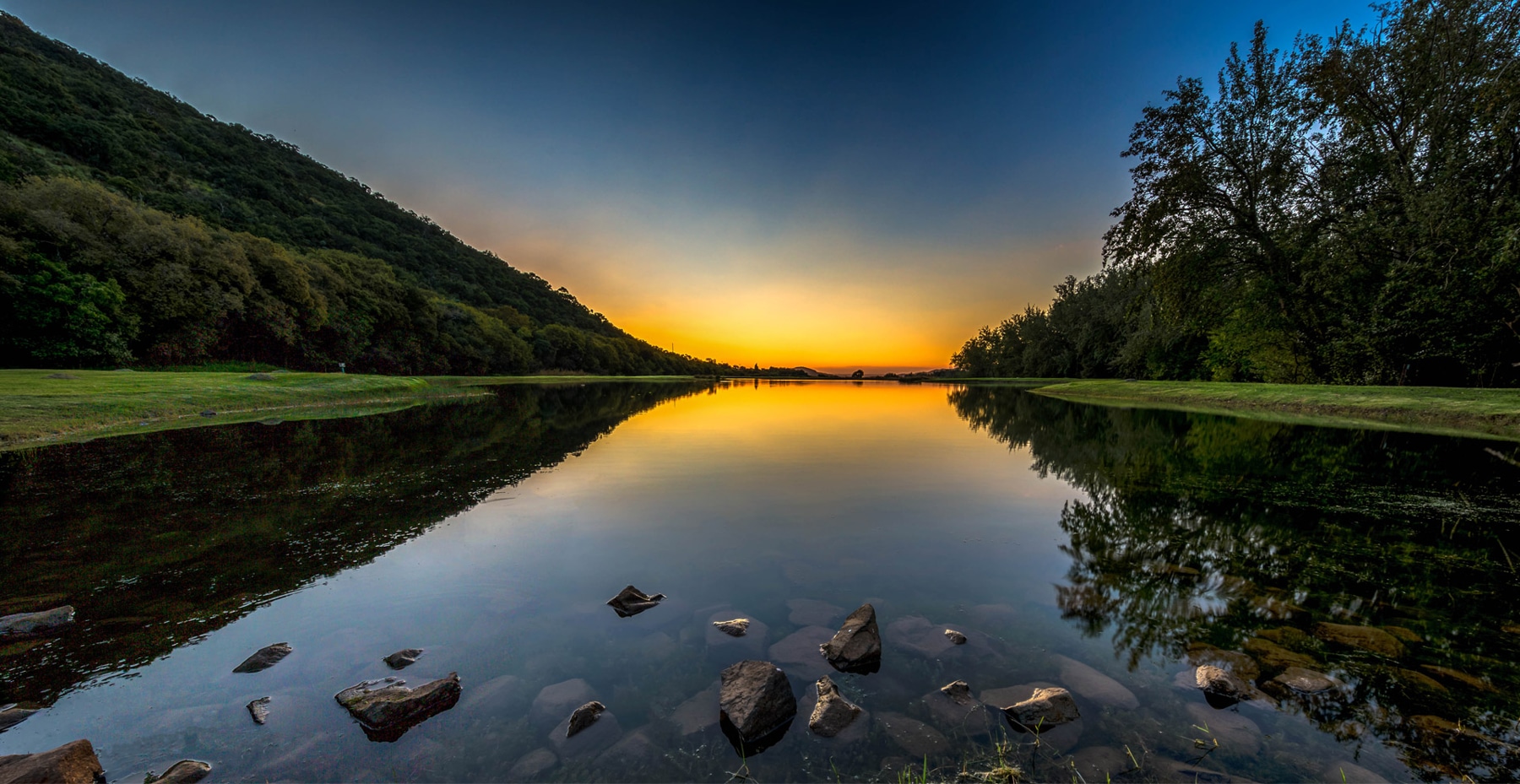
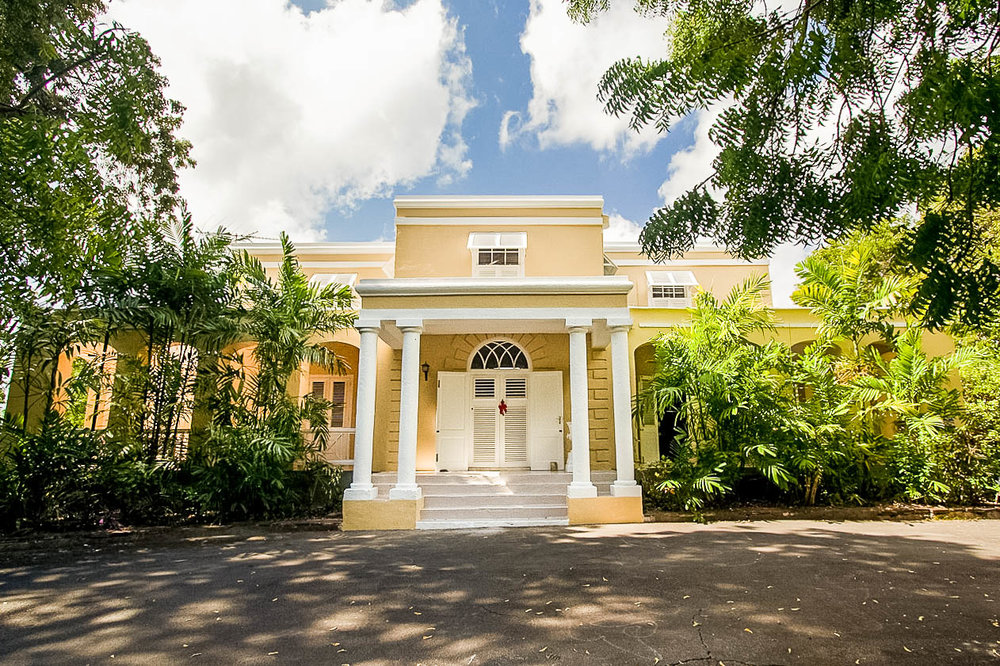
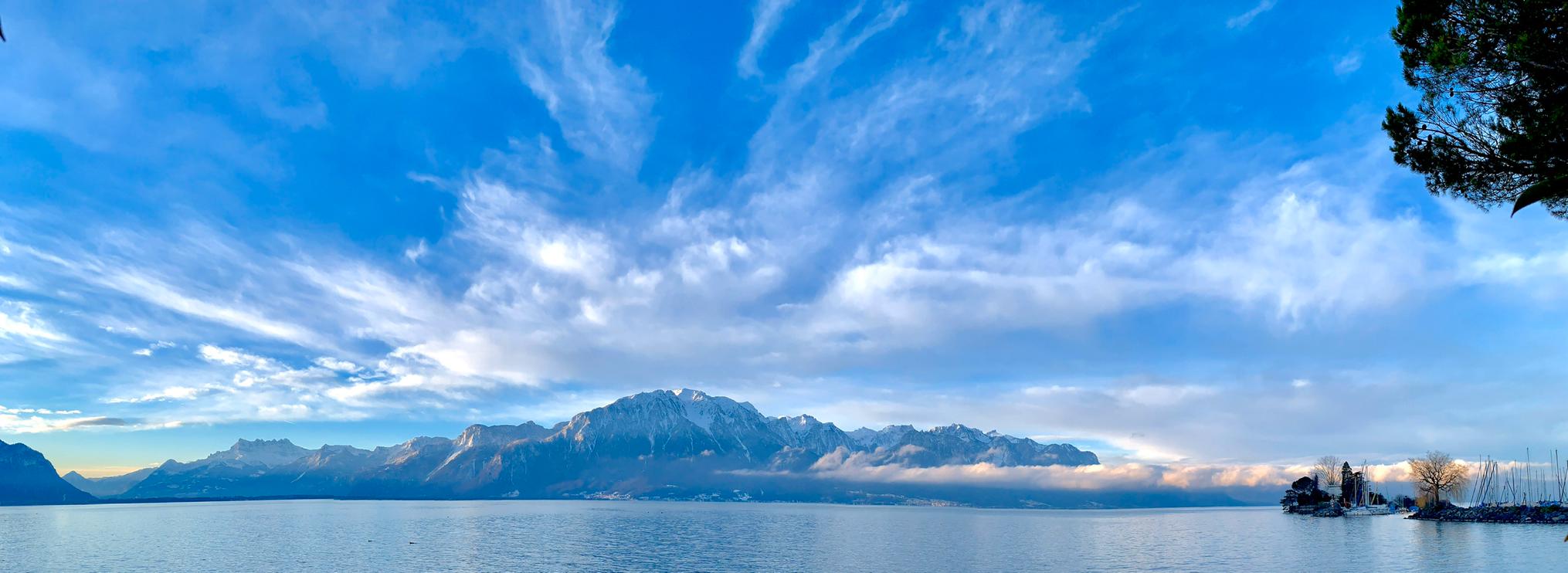
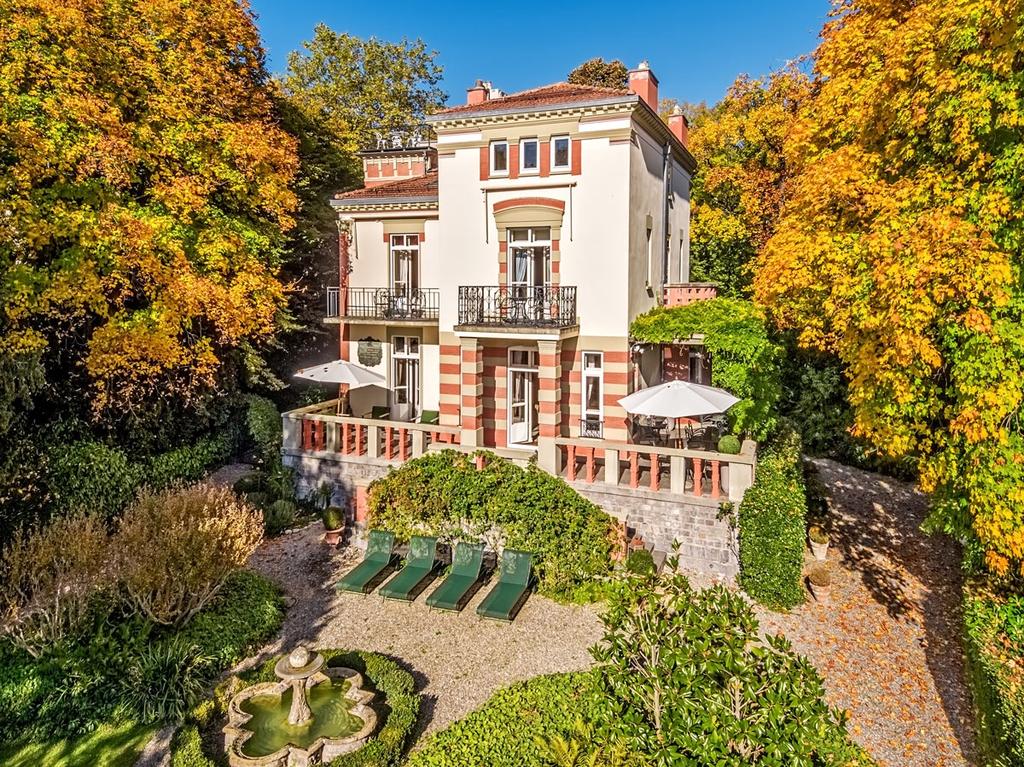
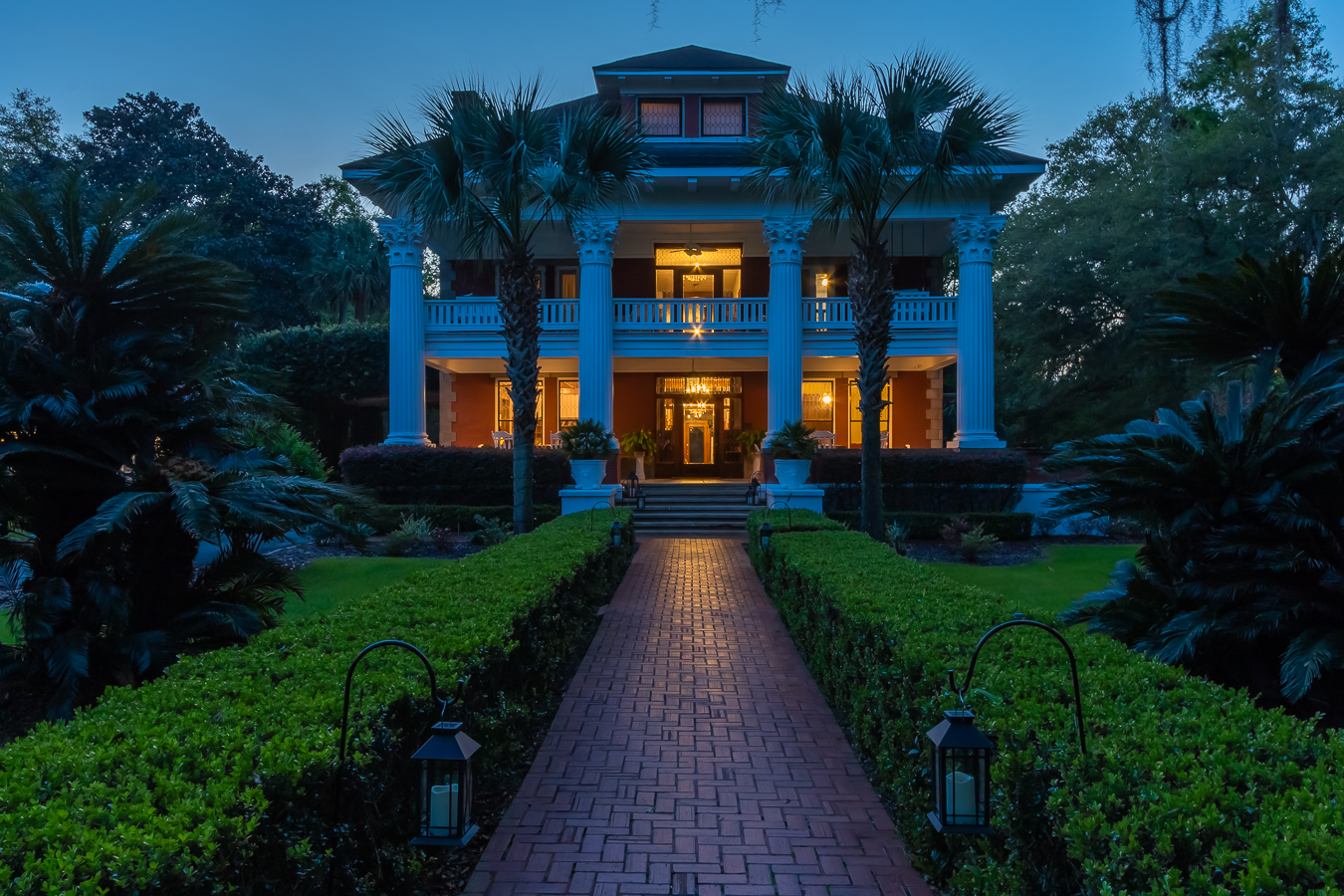
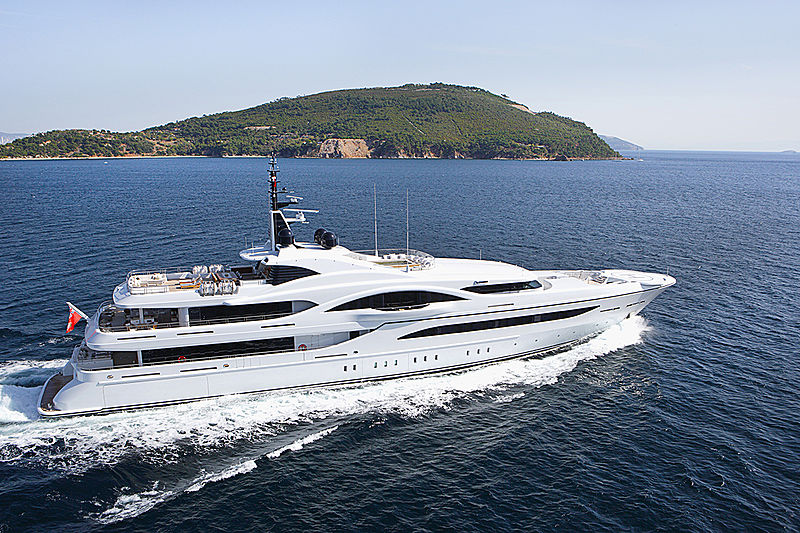
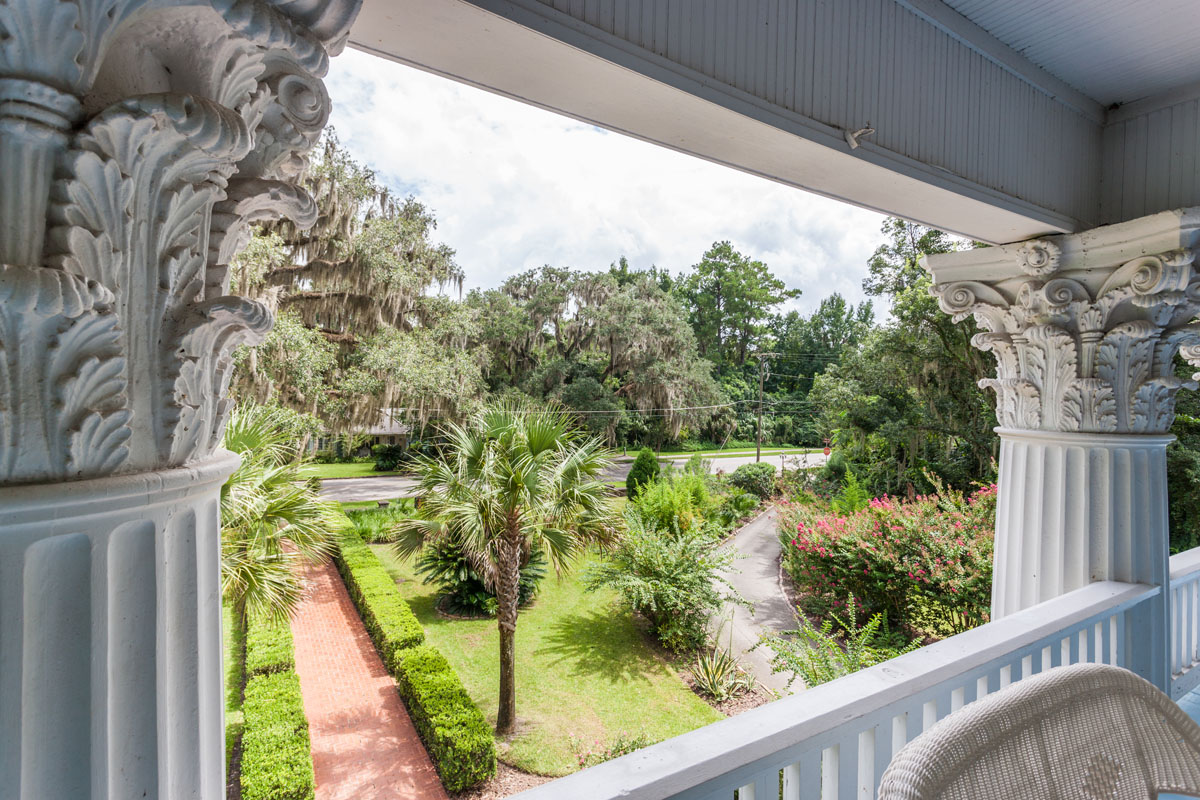
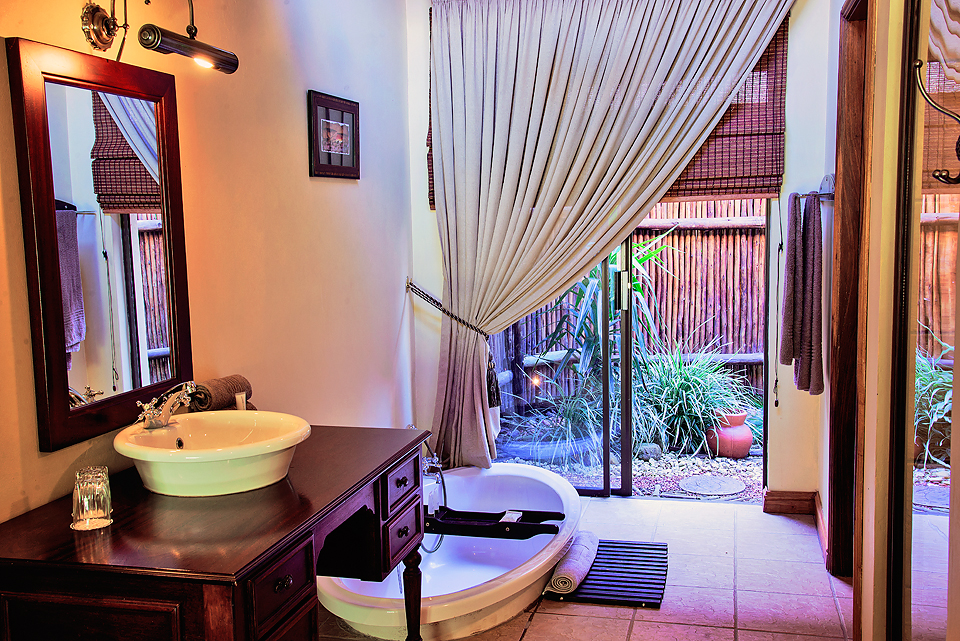
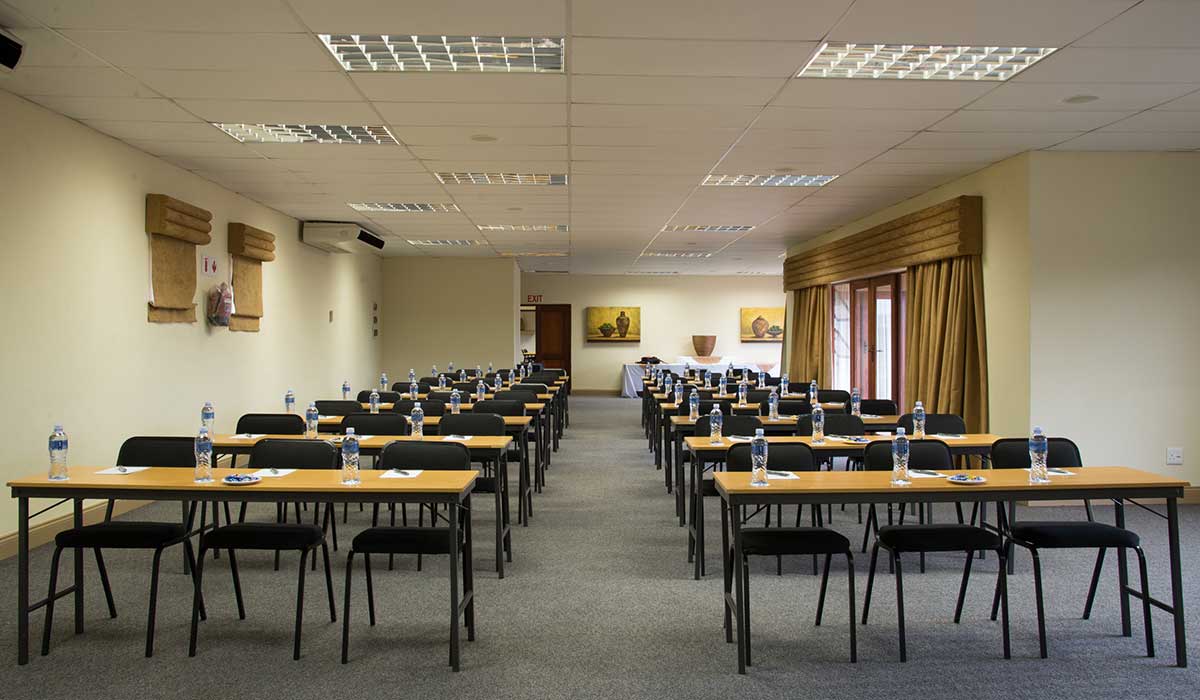
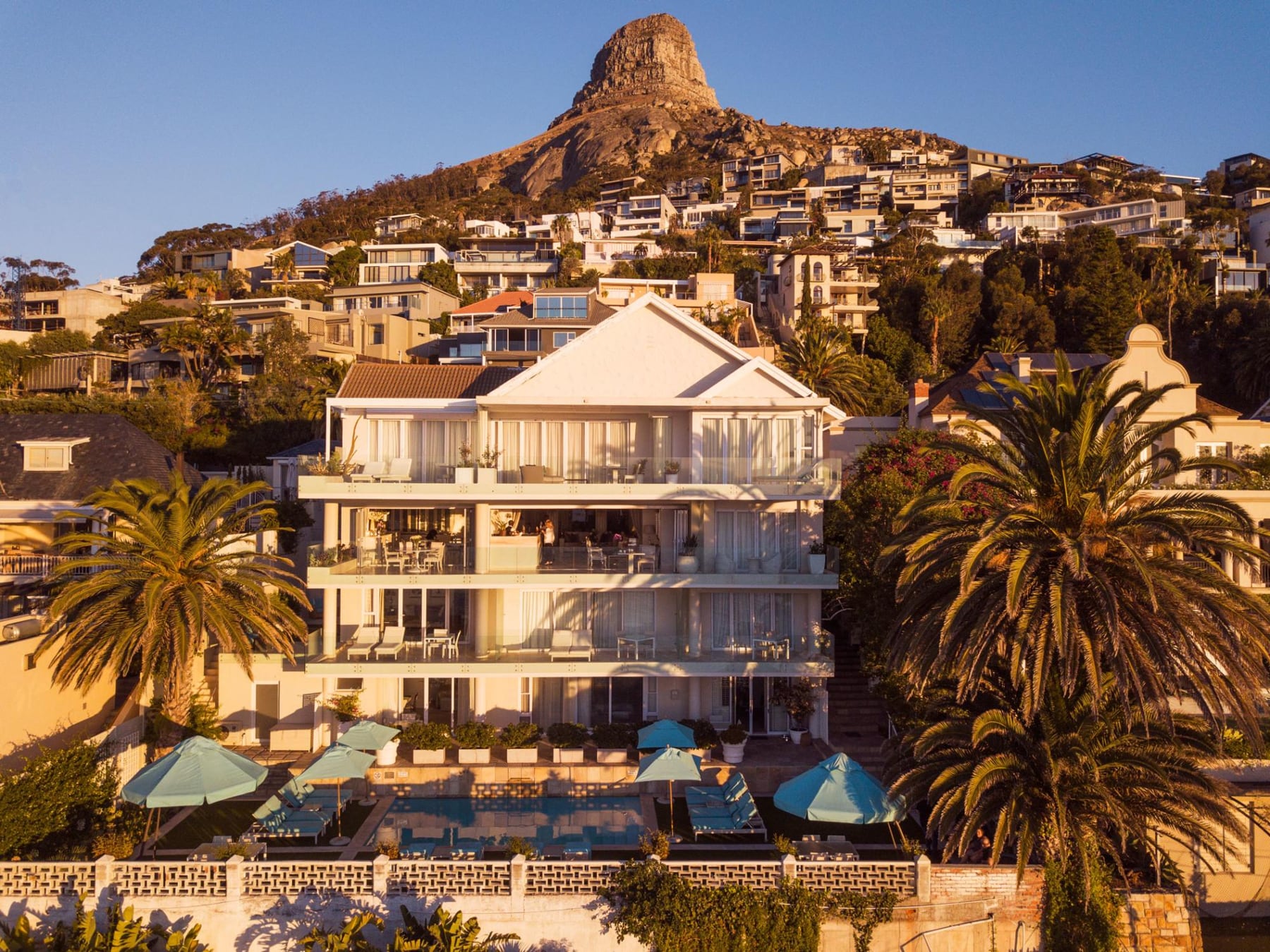
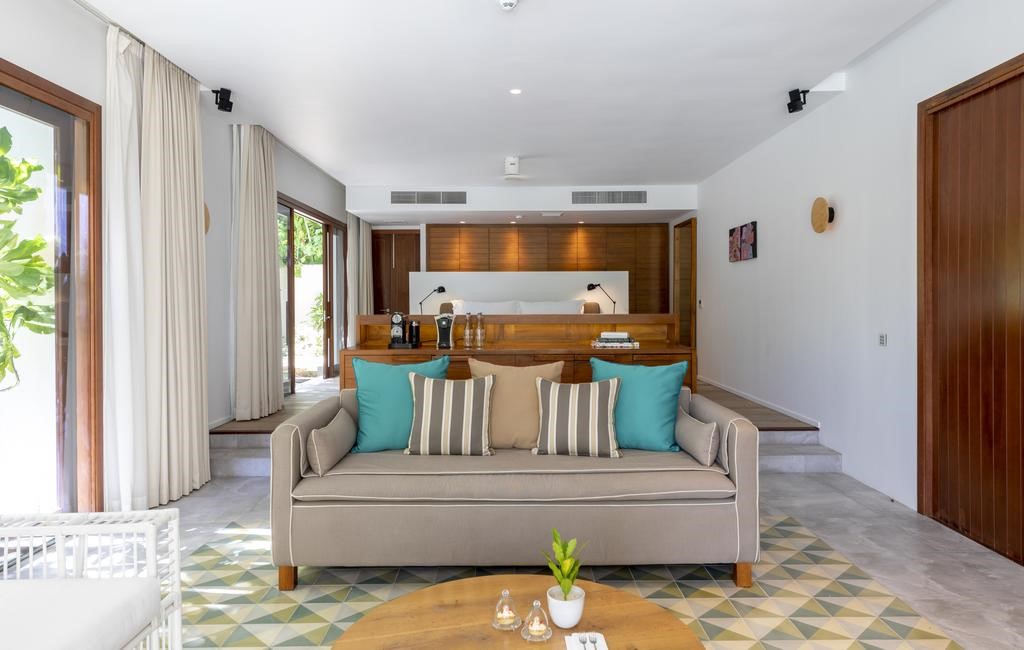
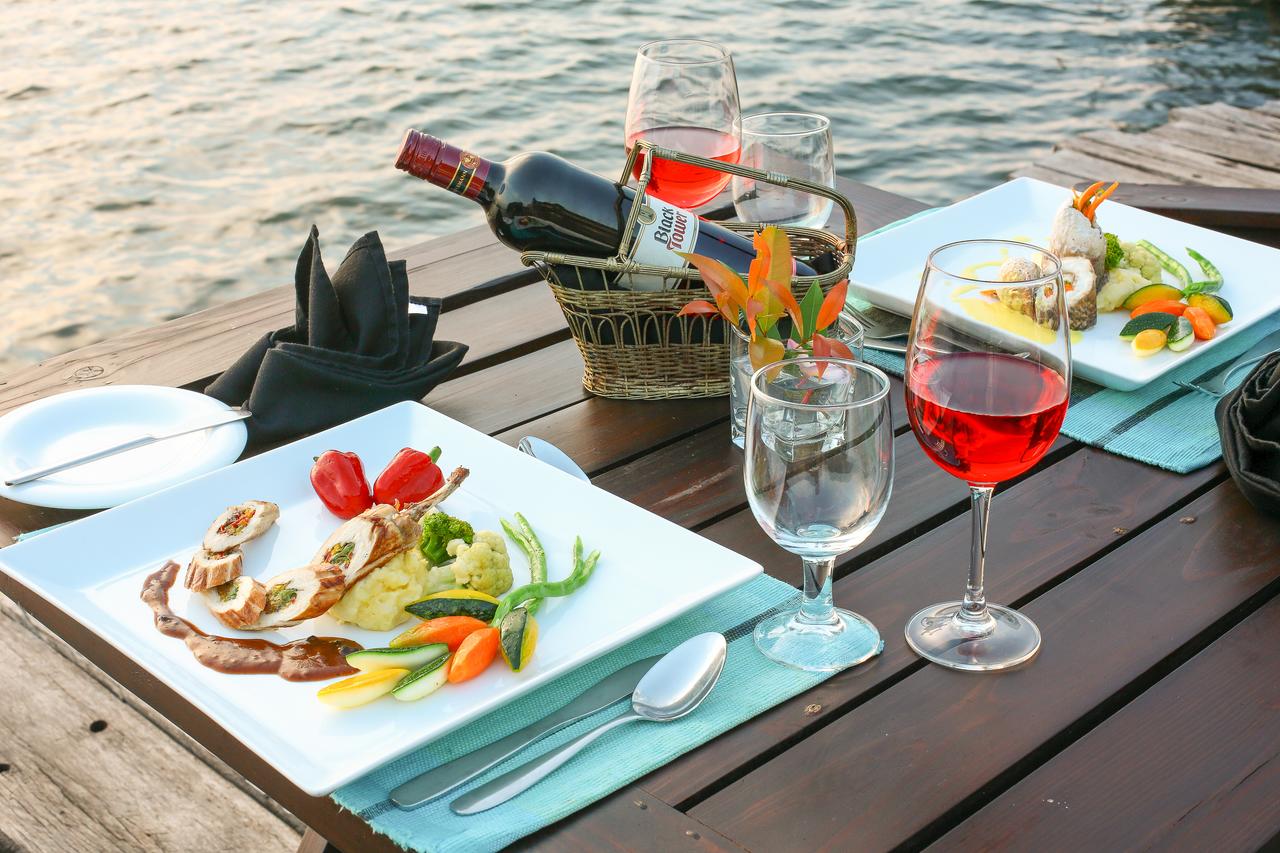
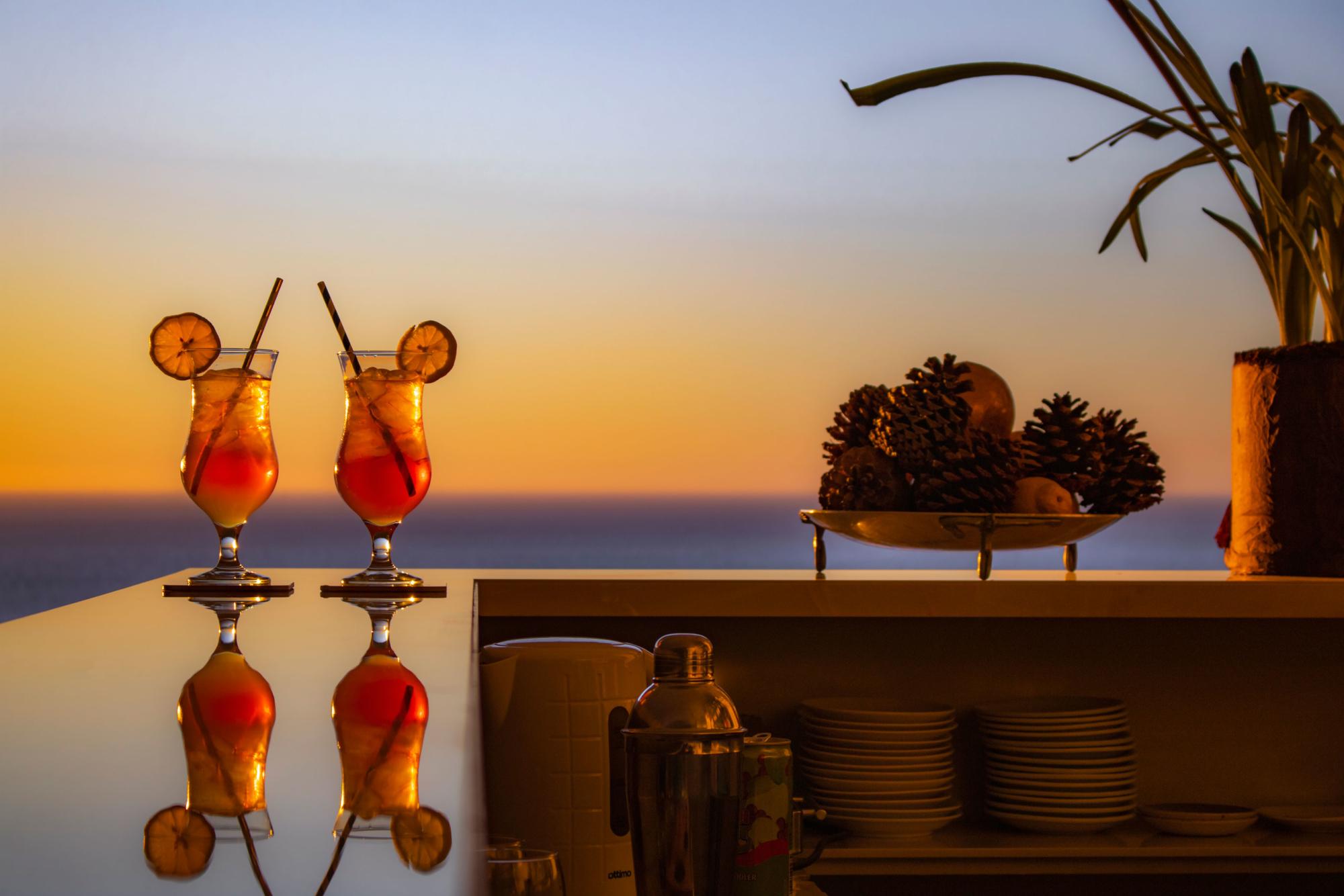
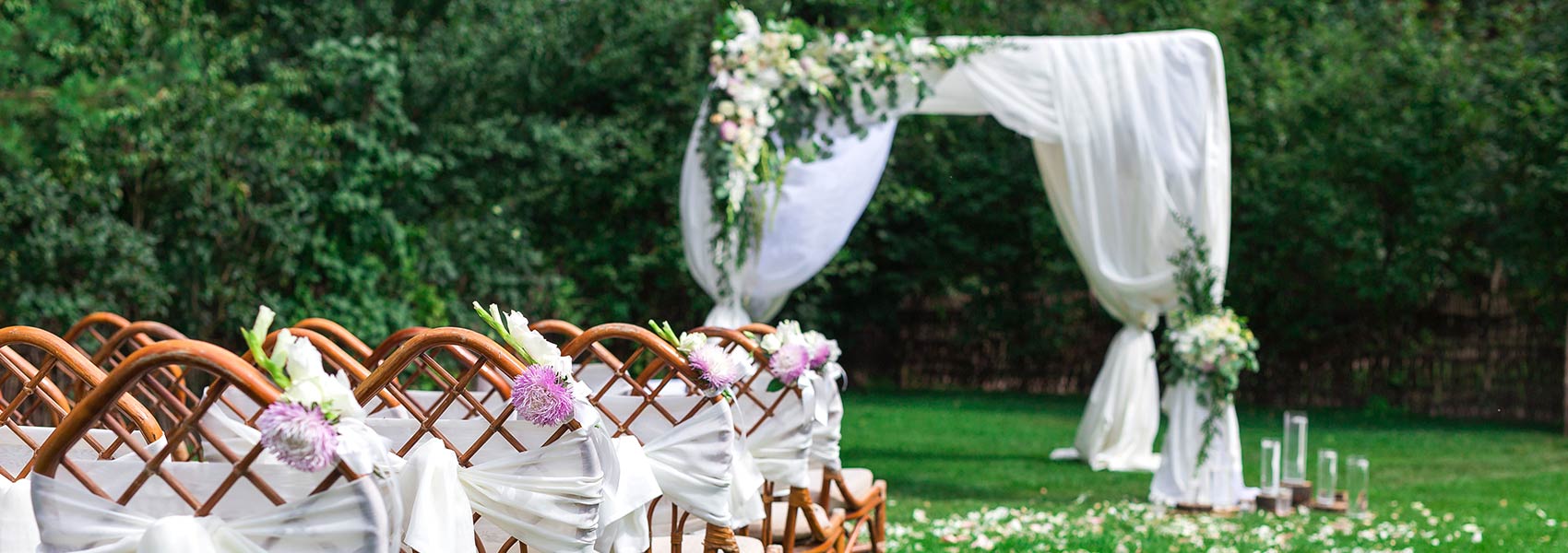
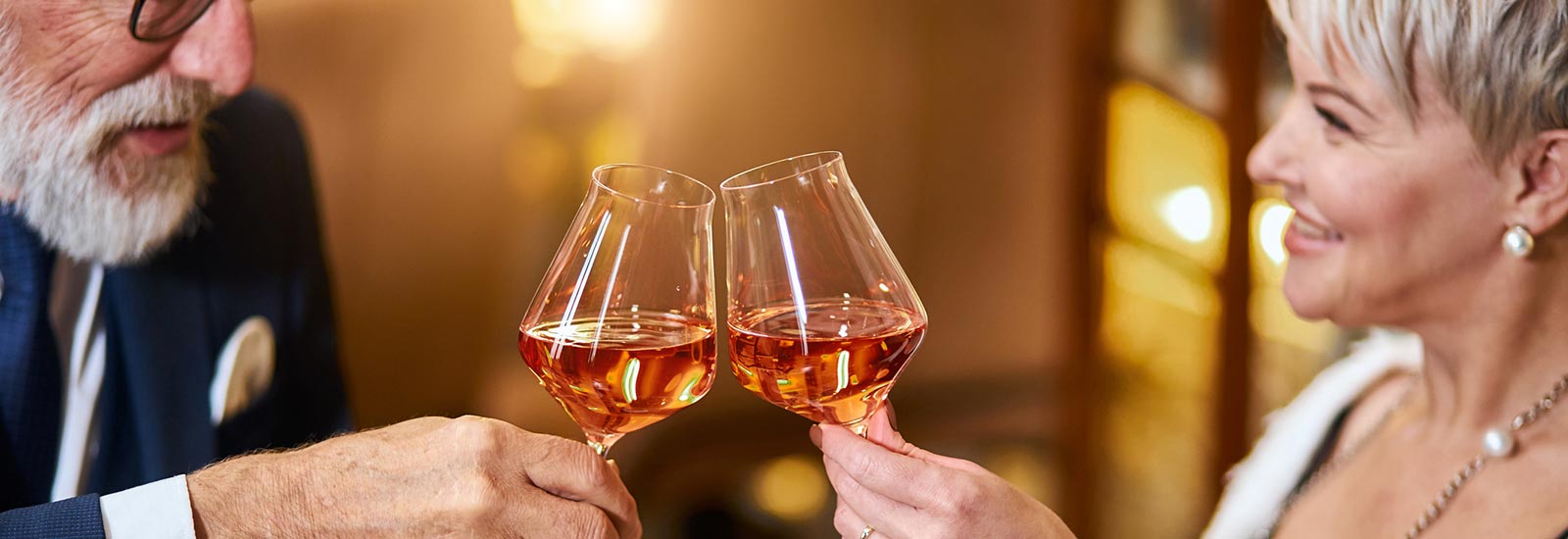
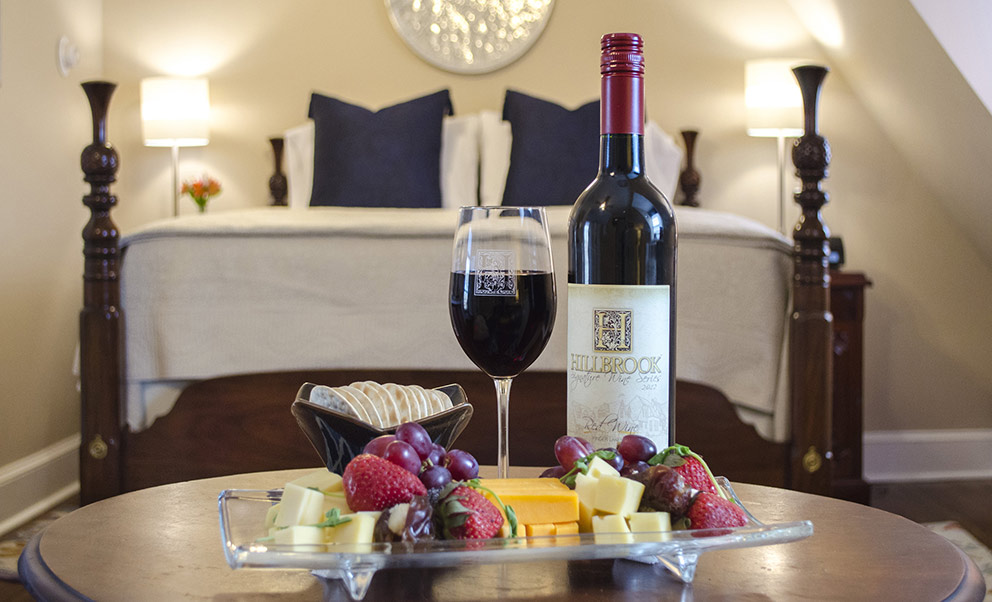

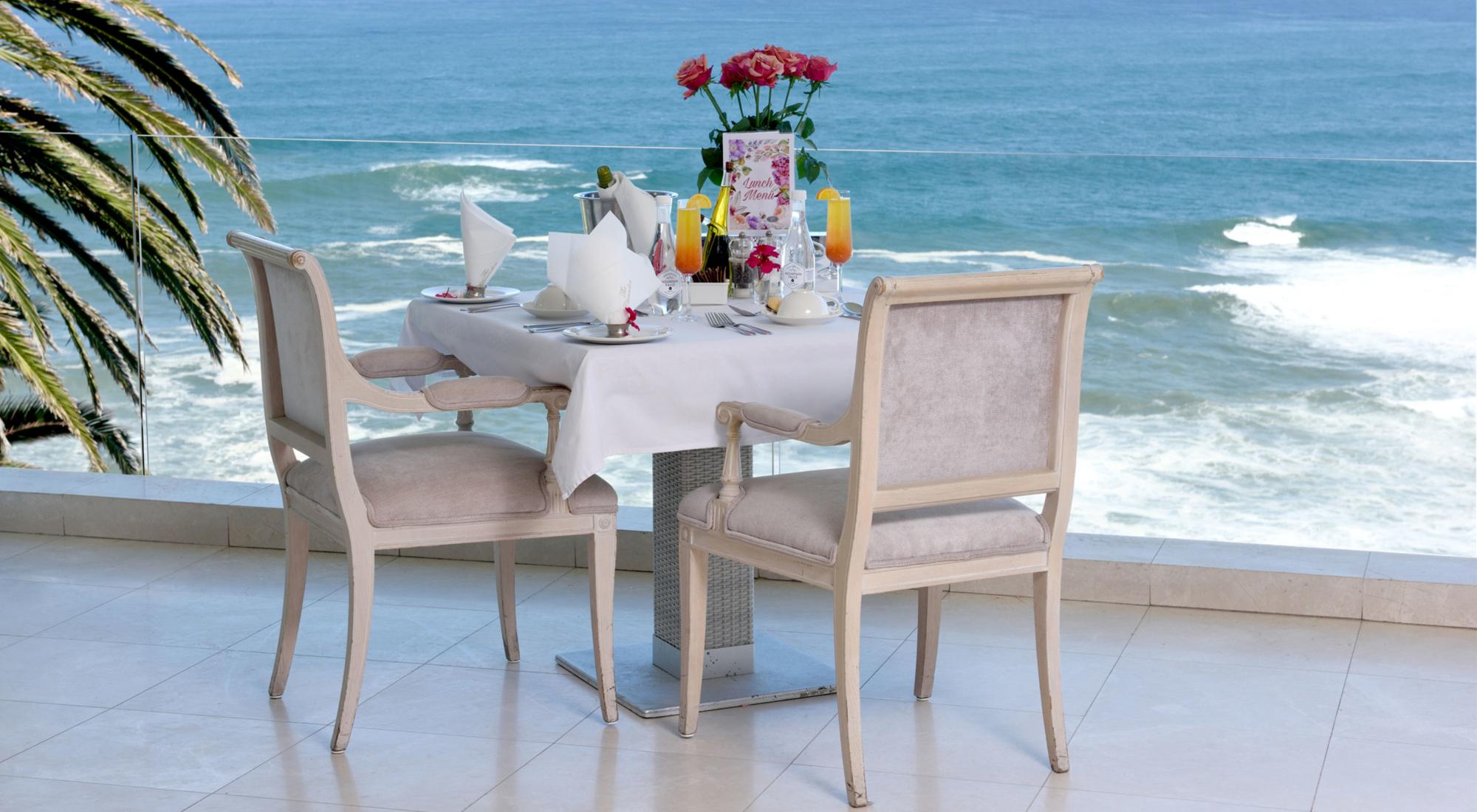


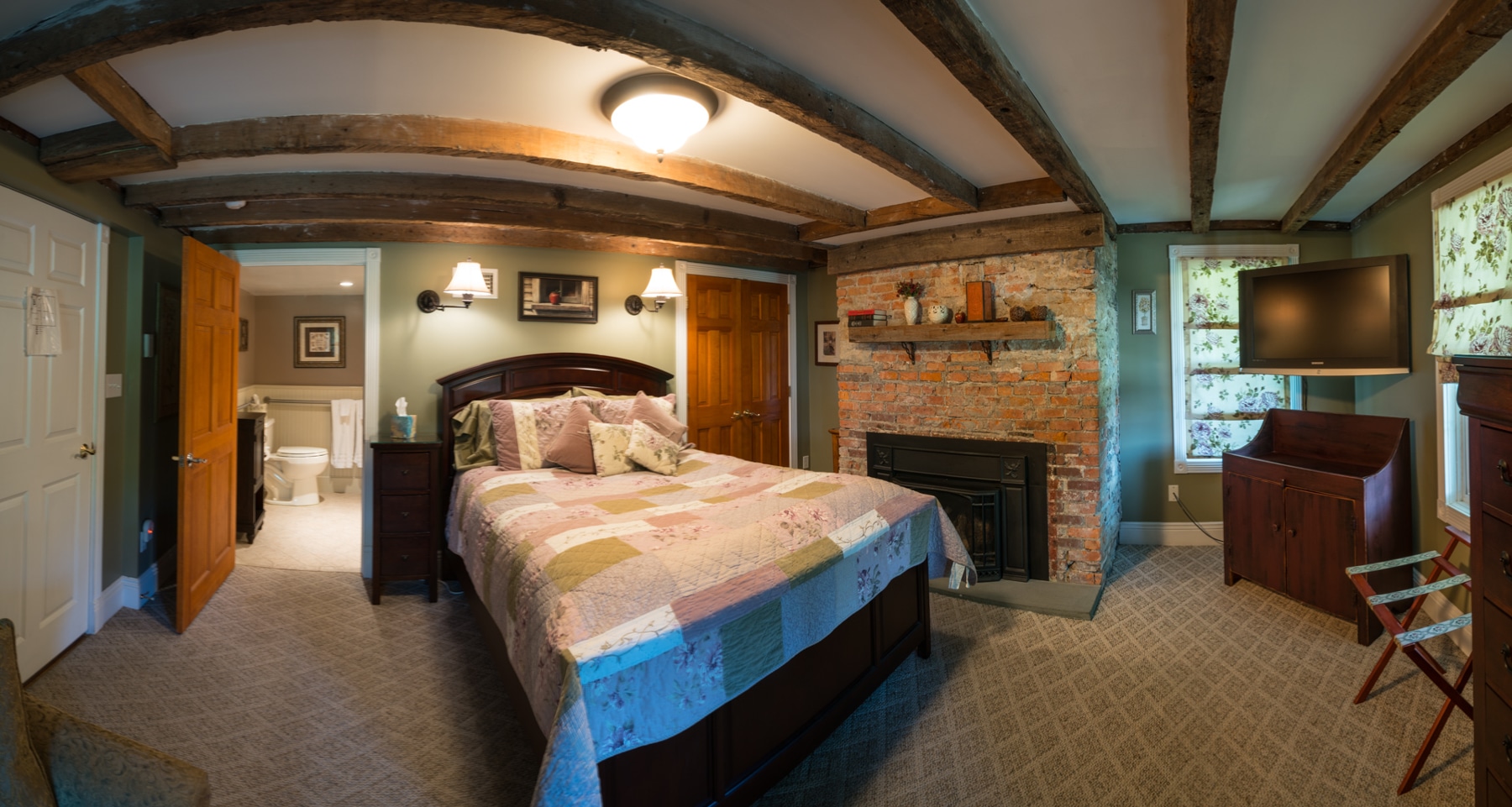
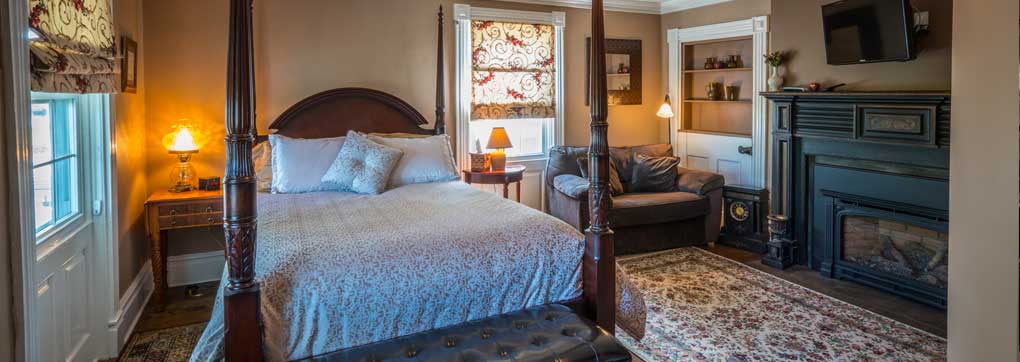
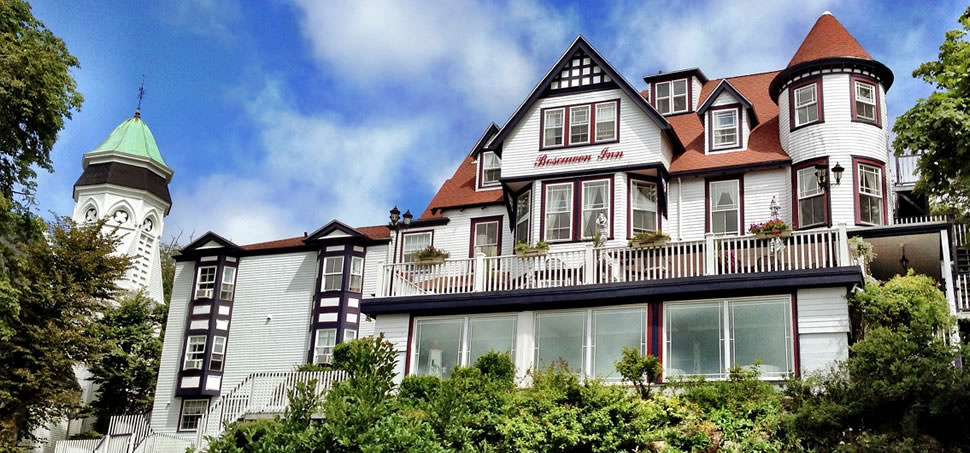
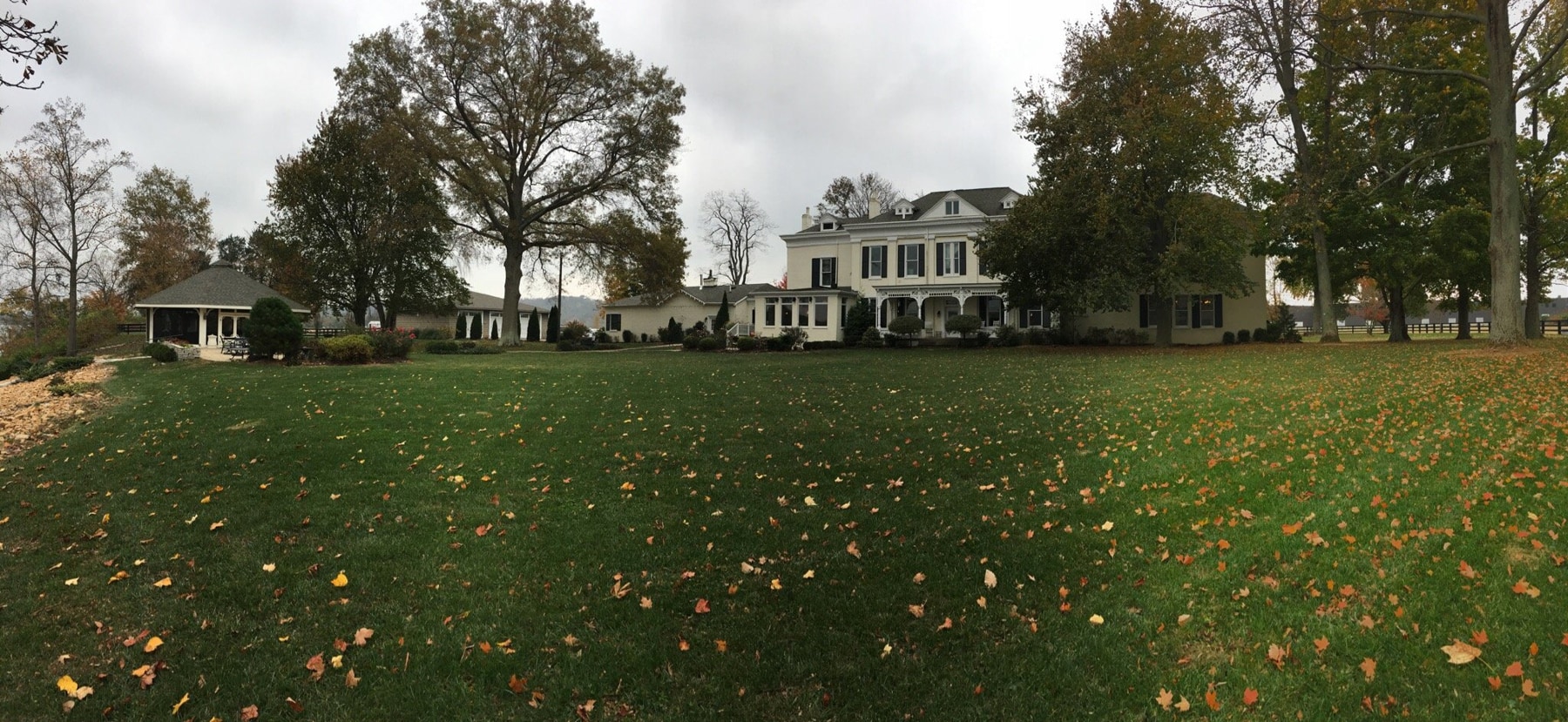


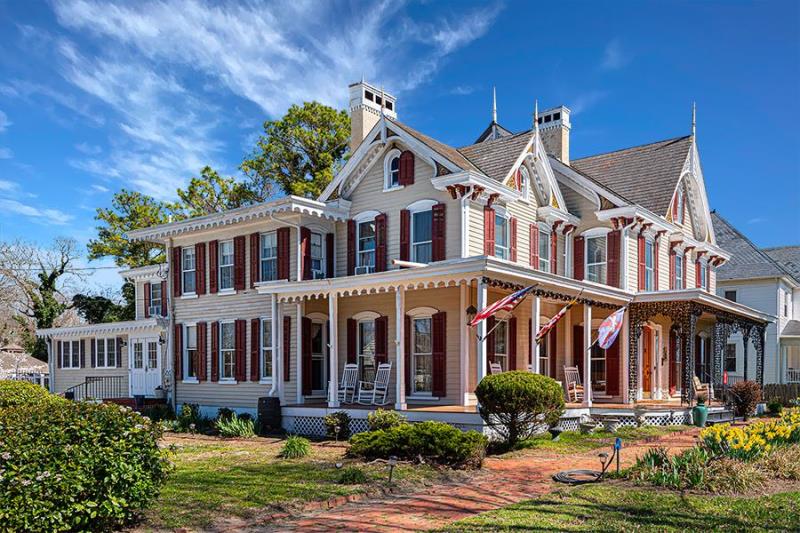
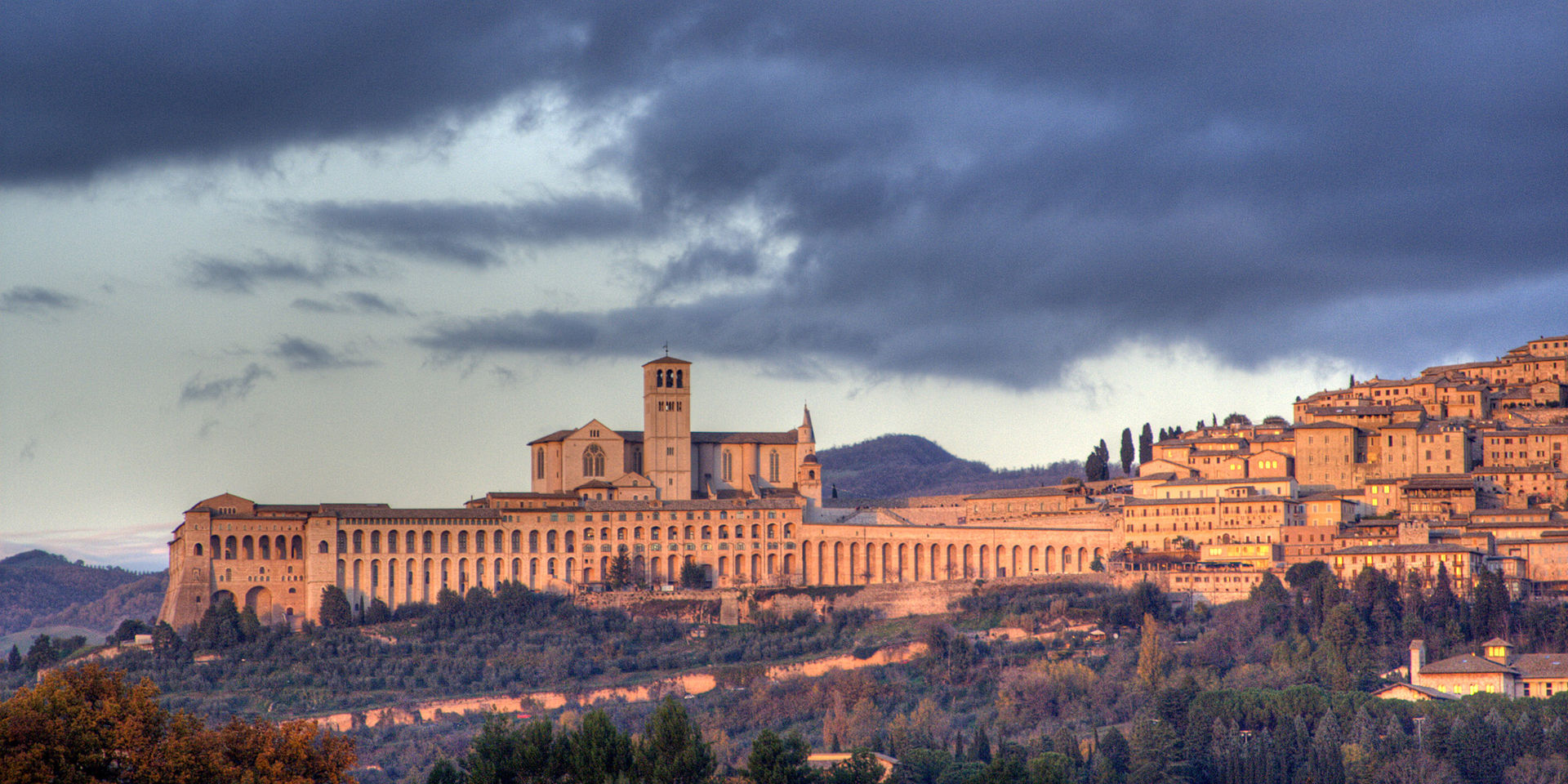
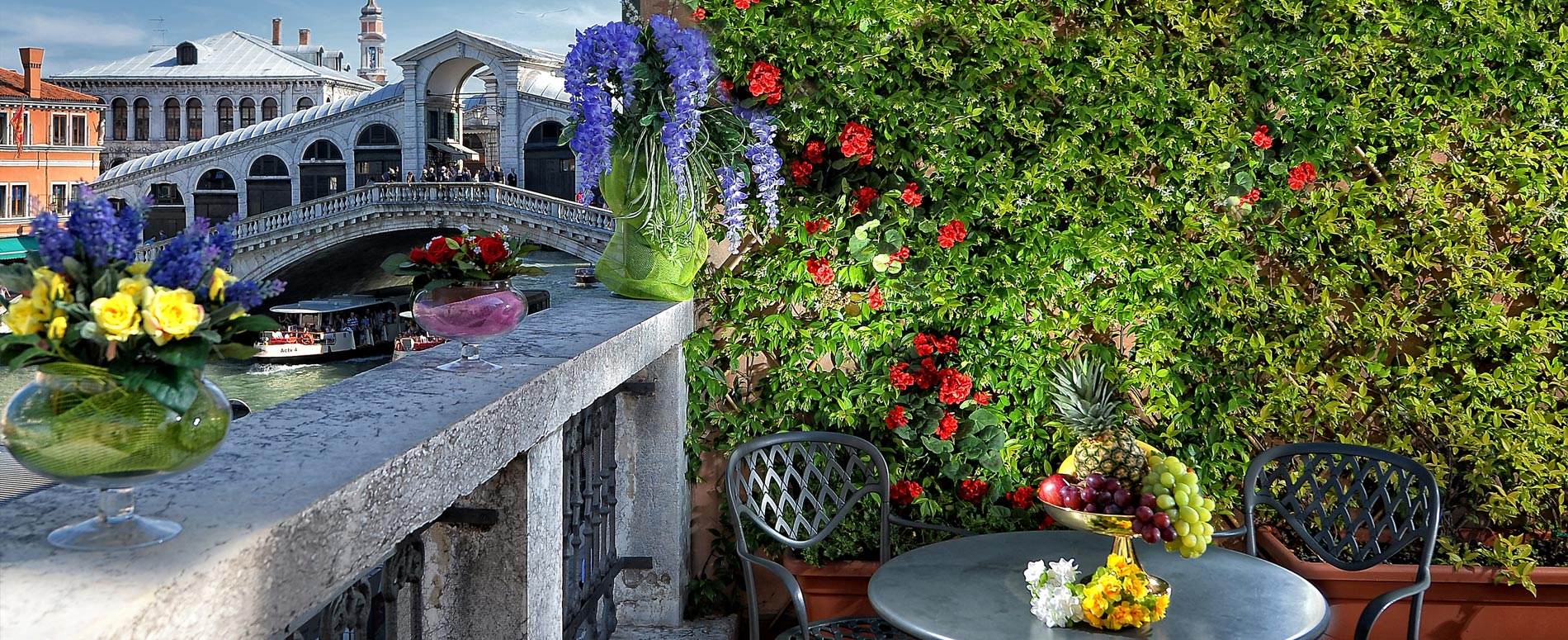
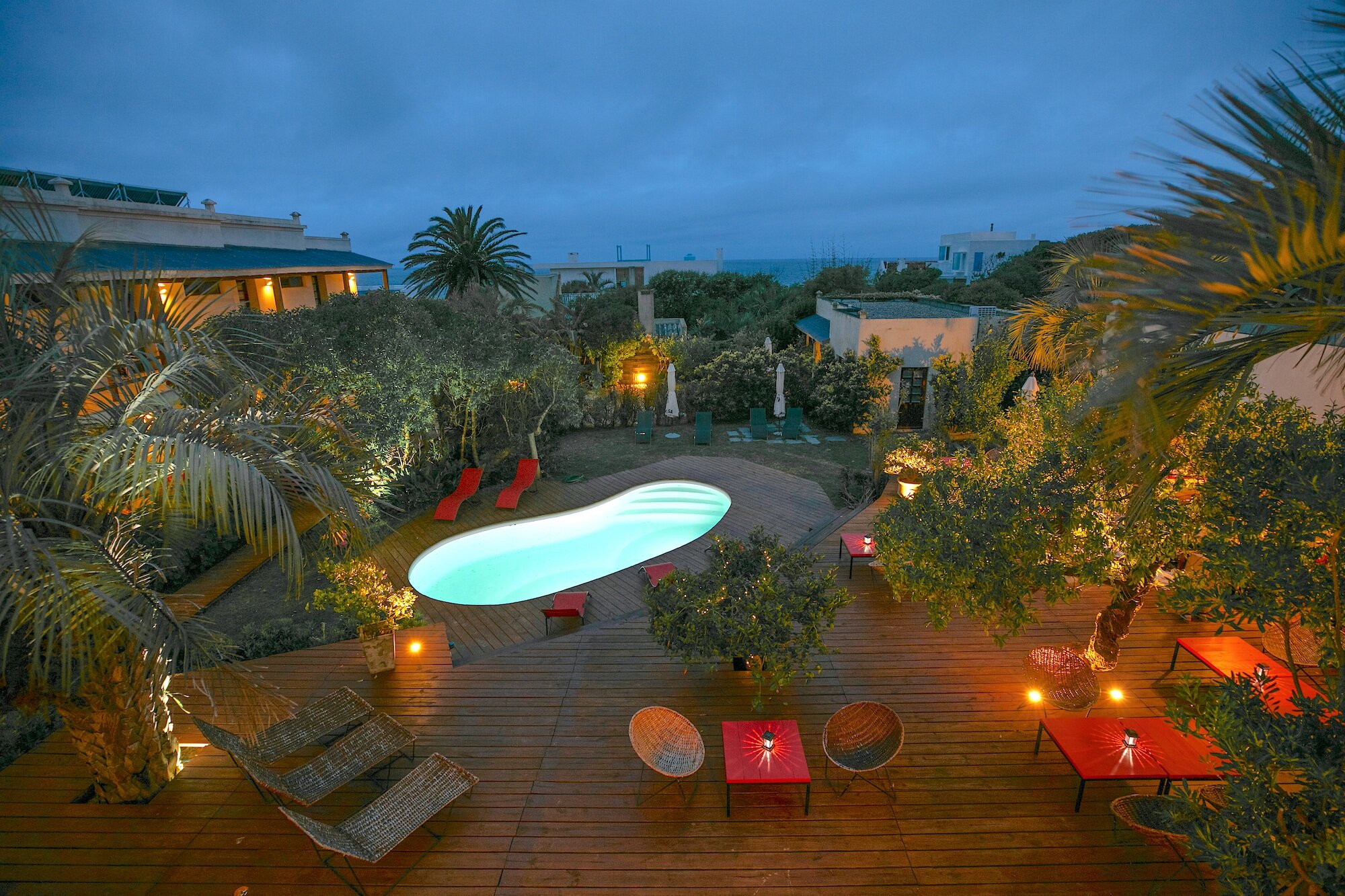
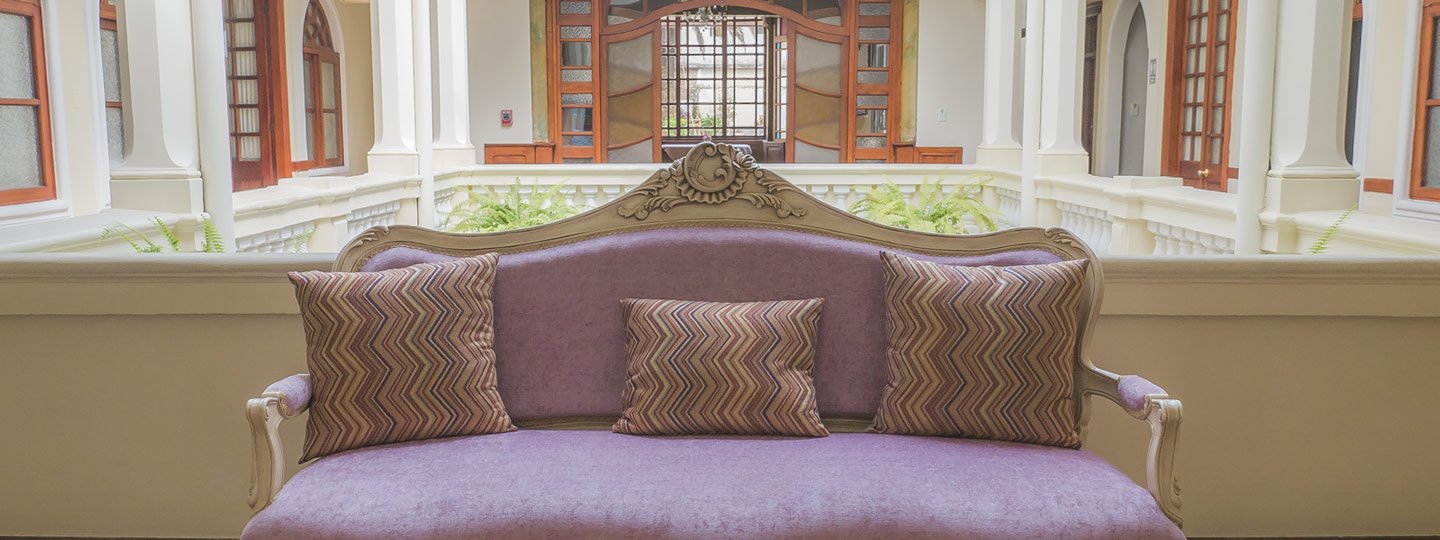
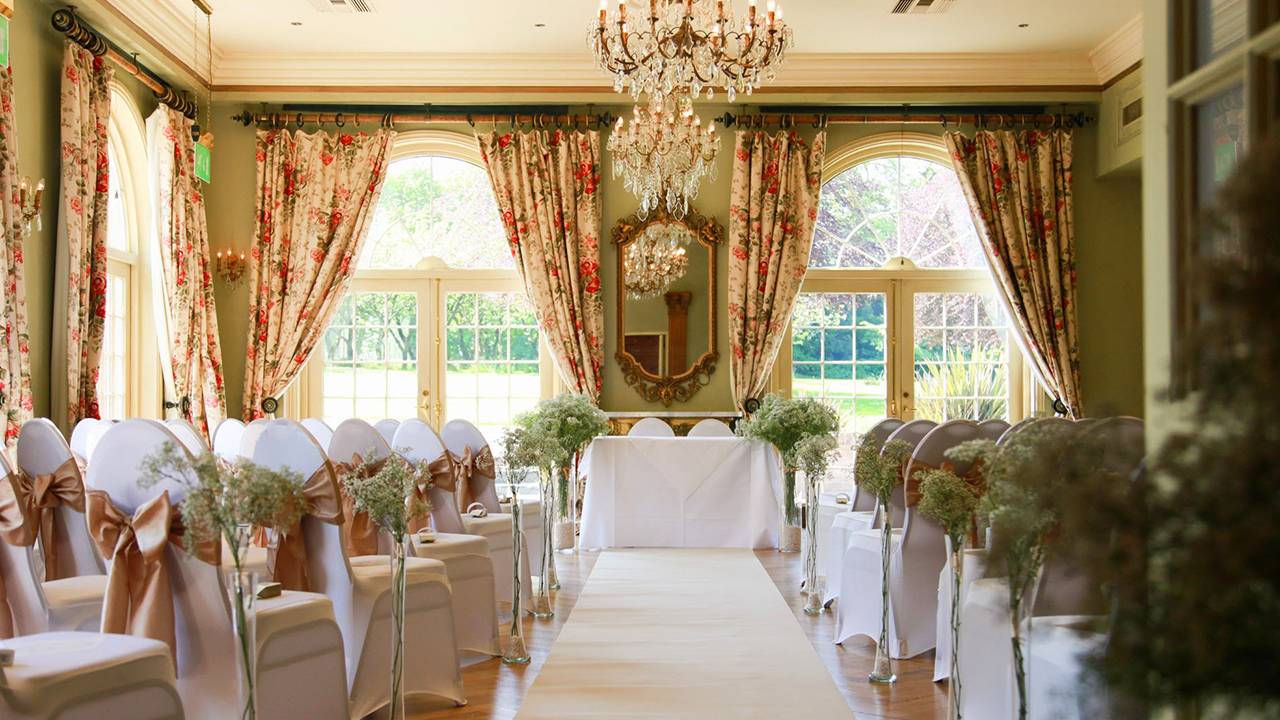
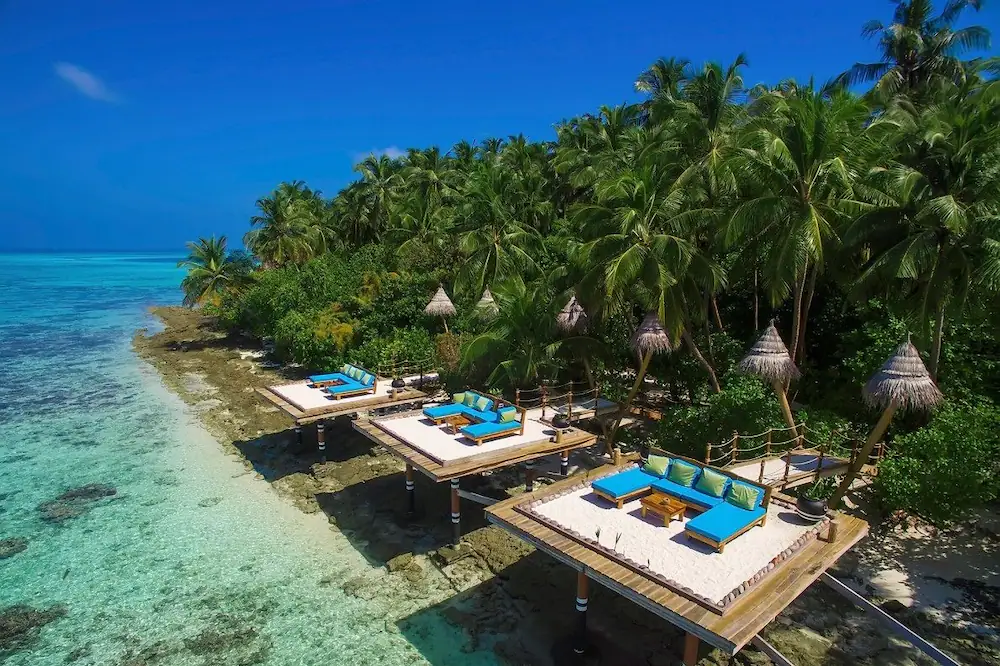
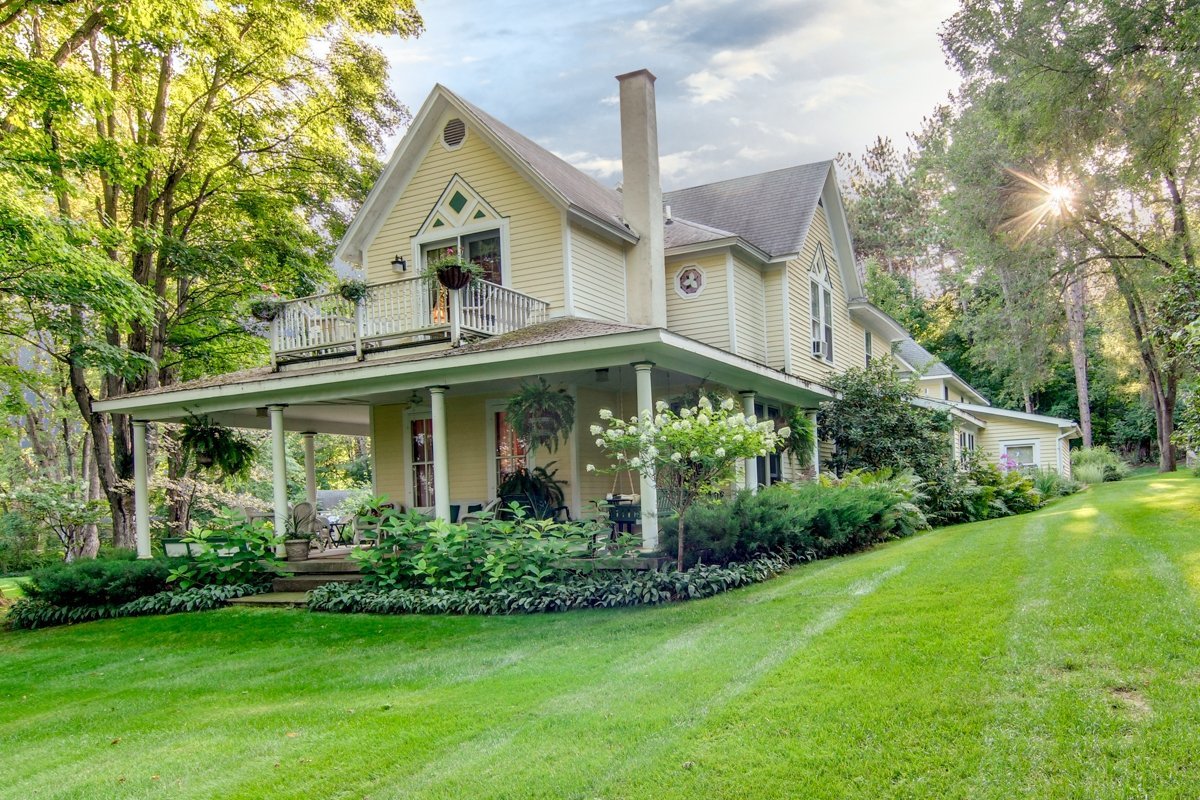
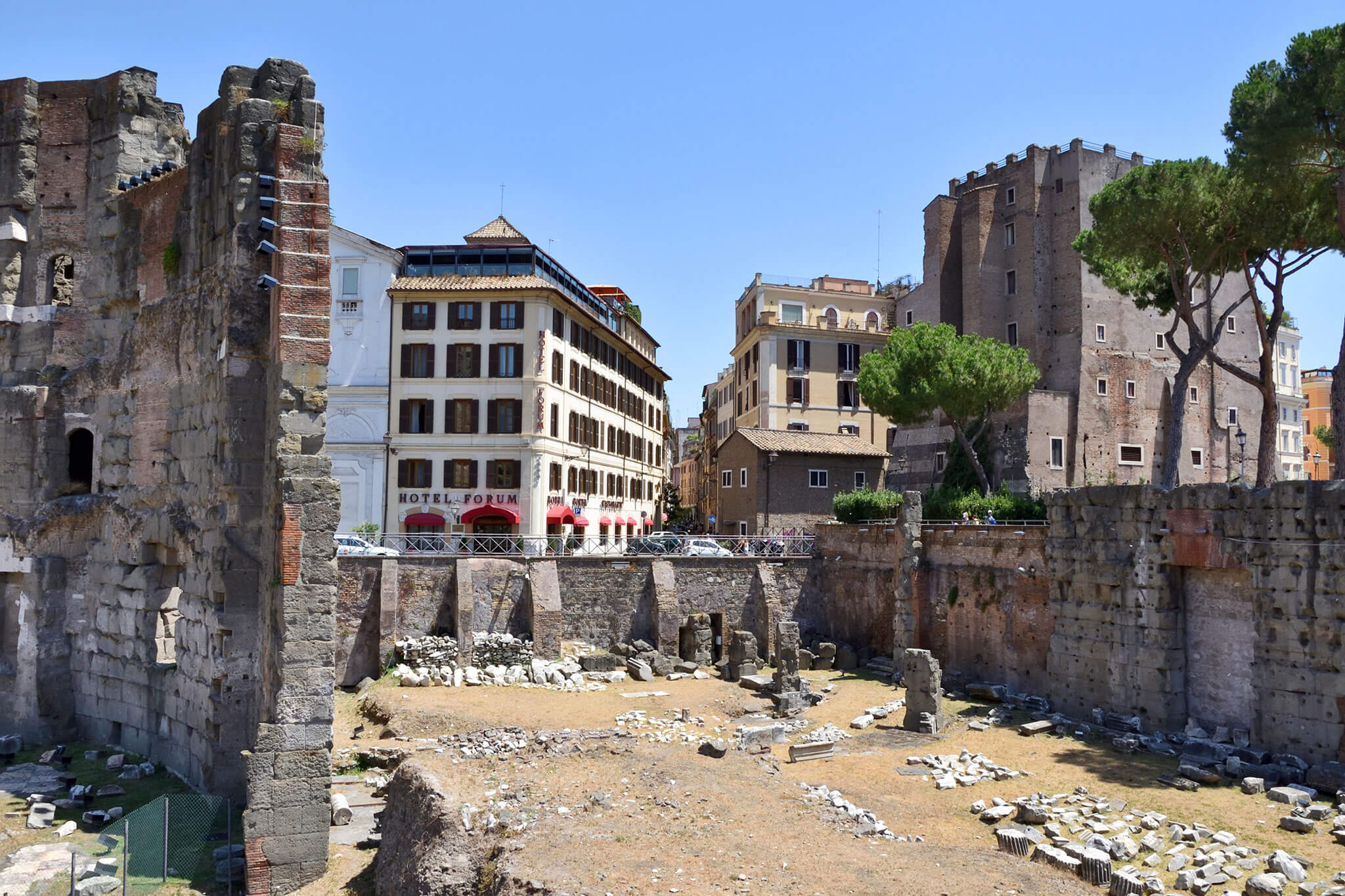
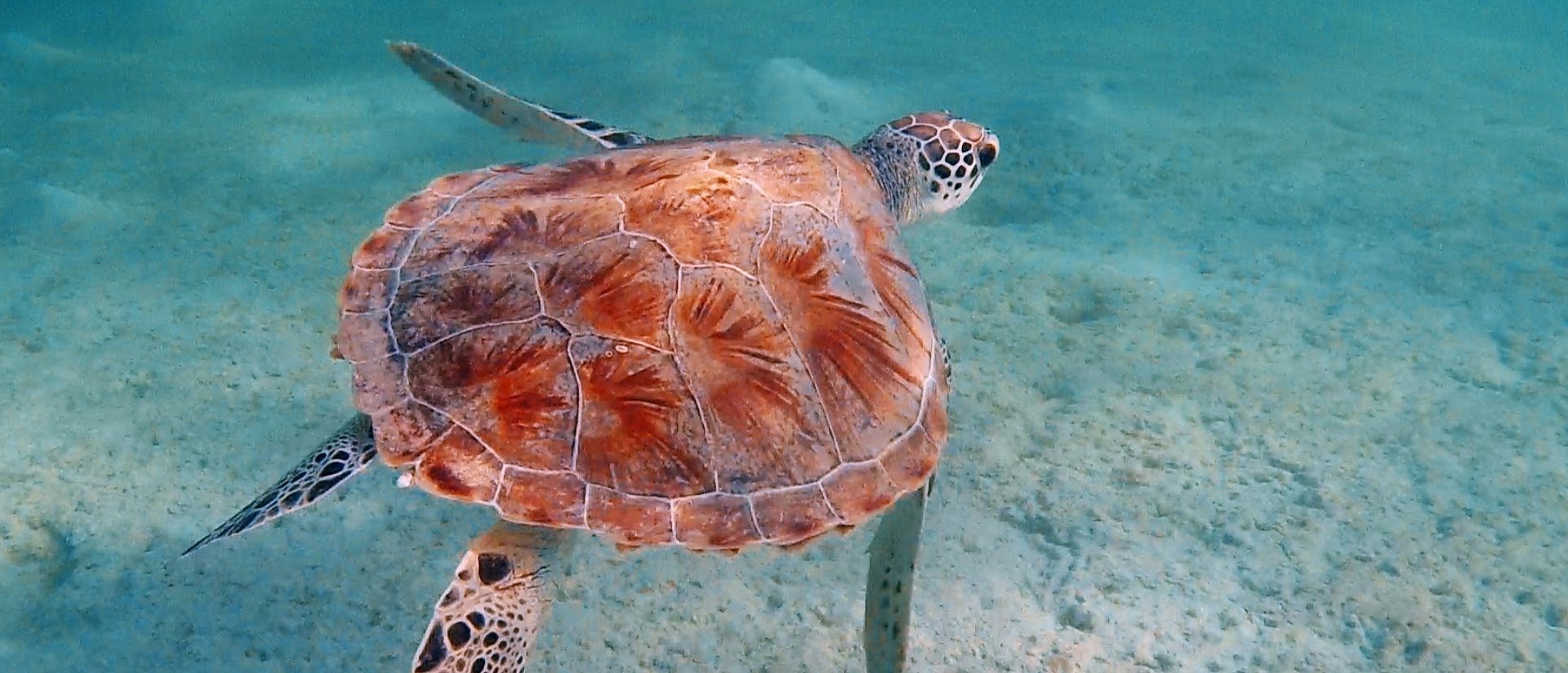
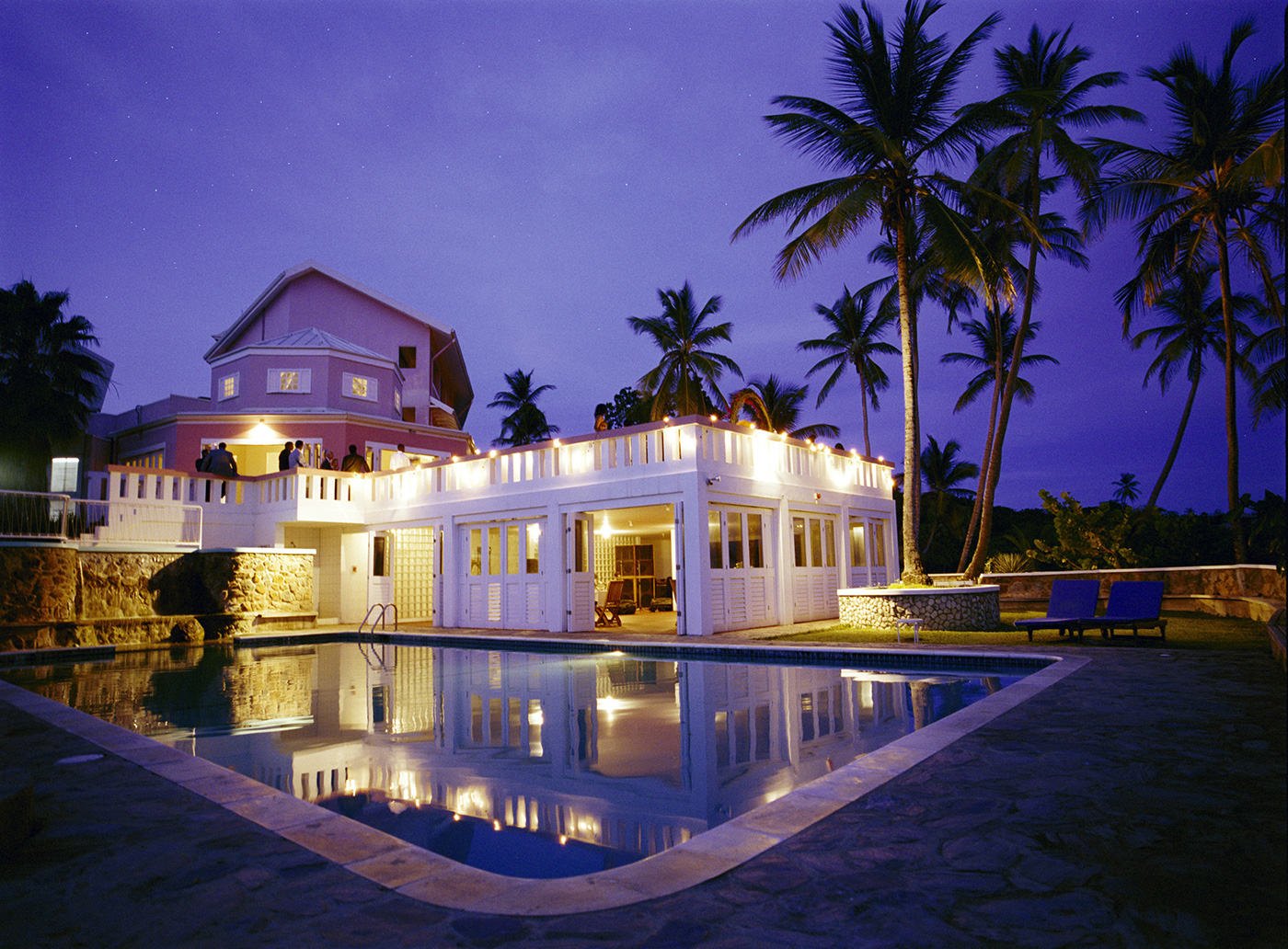
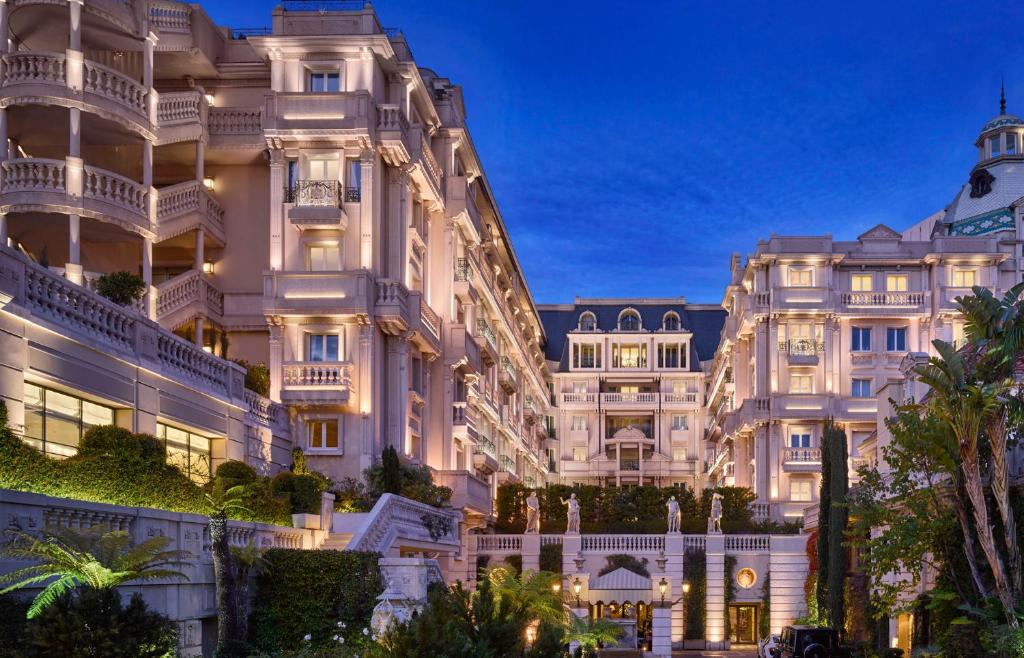
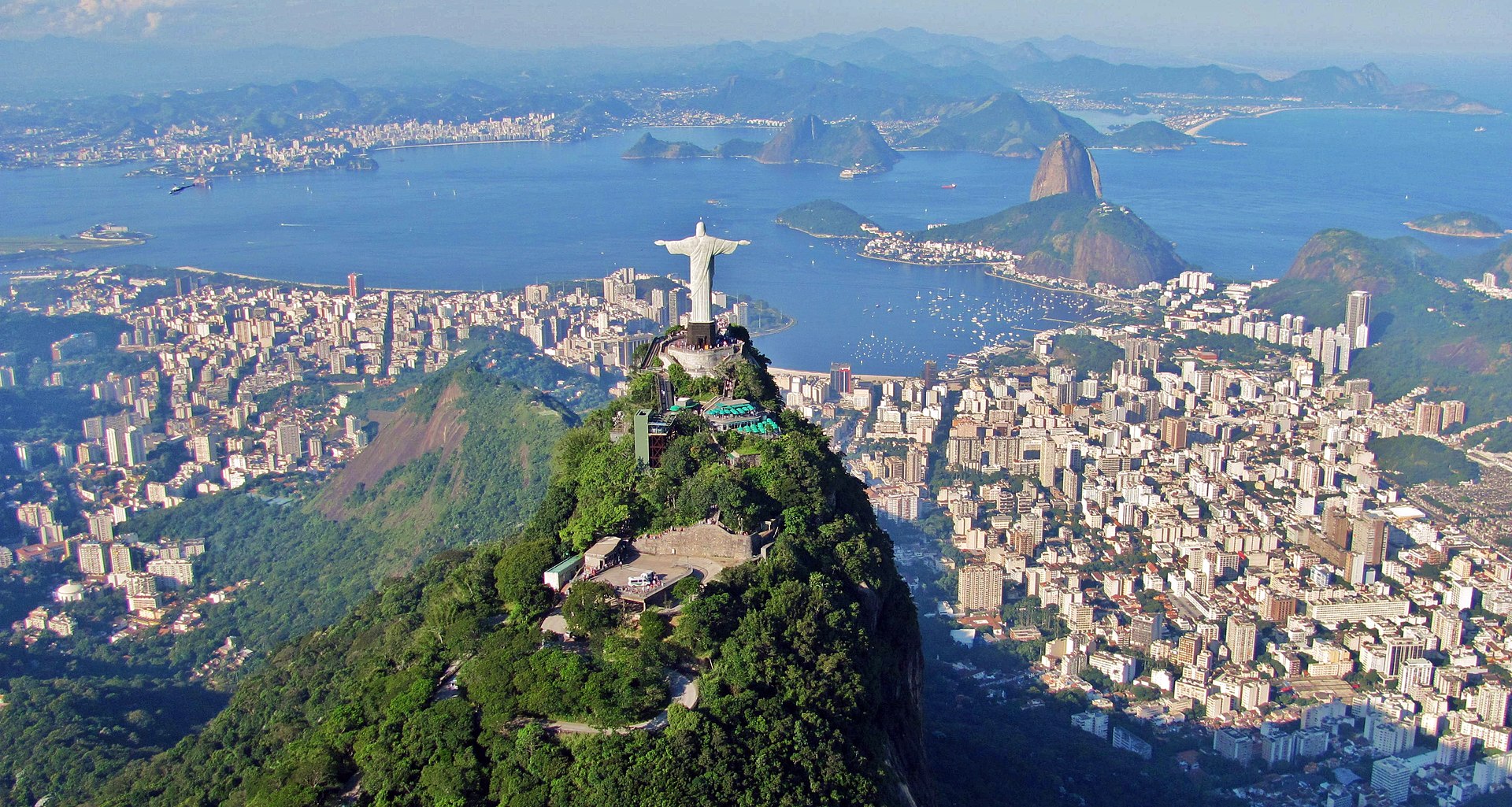
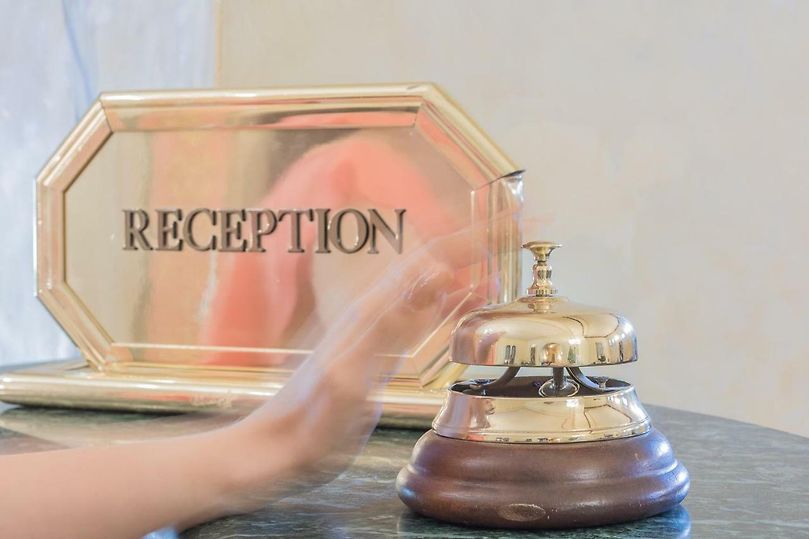
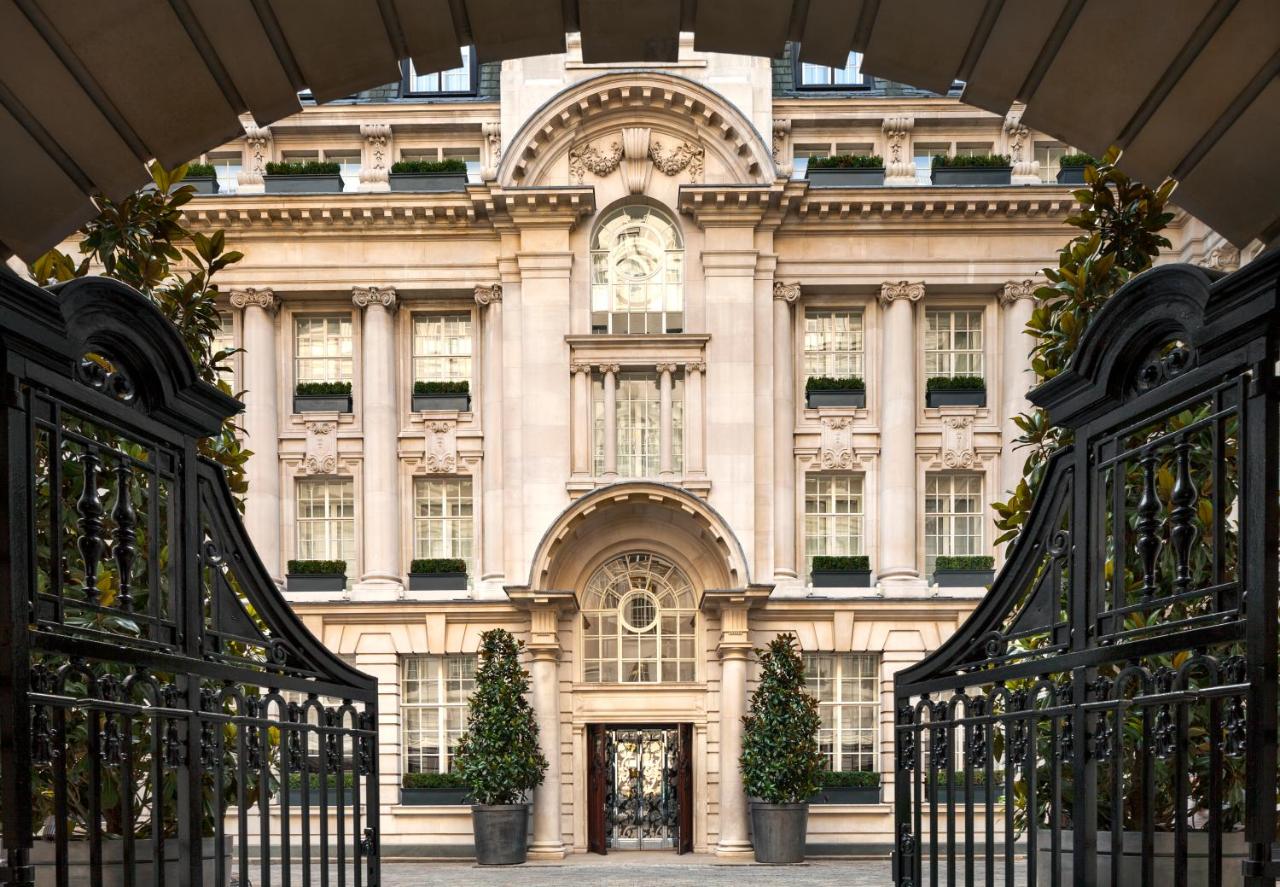
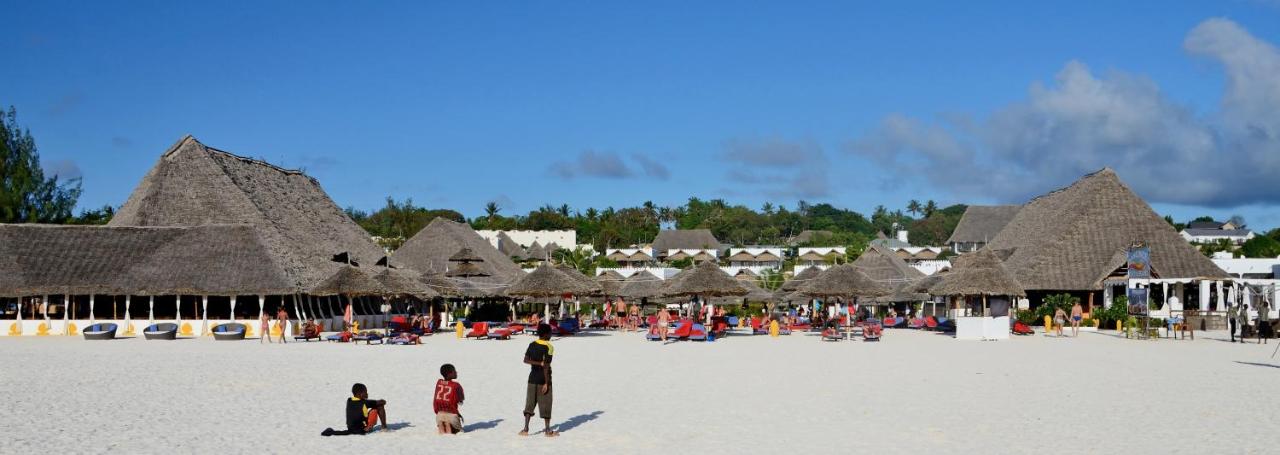
Beach Resort
Nungwi, Zanzibar, Tanzania
Asking Price: 26,000,000 USD
Fact Sheet of the Resort
____________________________________________________
Why our resort?
The tide never leaves, and the sunsets are always beautiful.
We are an all inclusive resort with 92 rooms and villas, steps from the ocean. Fall asleep to the sound of the ocean and dream with us on the Spice Island.
Our resort is consistently ranked the best beach in all of Zanzibar, because the tide never leaves and our sand stretches for miles.
Multiple dining & bar options
We offer buffet & a la carte dining options, two bars and more.
Airport pickup
Private airport pickup at an extra charge.
Our Comfortable Rooms
Our comfortable rooms are spread out across the resort and feature views from lush tropical gardens to the blue waters of the Indian Ocean. All our rooms feature comfortable balconies or terraces, and are designed for couples or families.
Our rooms offer a place to relax and unwind, and as such, have no TVs. All other amenities are at your fingertips. However, our rooms all have included WiFi, mini fridges stocked with water daily, coffee and tea making facilities, air conditioning, fans, hair dryers and daily turn down service.
Garden view rooms
Our garden view rooms are our most economical choice, yet have everything you need to relax and unwind. All our garden view room types have spacious terraces and lush garden views. With many room sizes, we have something for everyone:
Pool view rooms
These rooms offer accommodations for couples only, and feature large terraces that overlook the pool.
Our pool view rooms are located in a two storey tower building, on the ground floor. They sit directly across the pool, and feature large terraces with outdoor seating to enjoy the views.
Note we have one room category with pool views:
Ocean view rooms
We have a variety of standard rooms with an ocean view, and can offer something for both couples and families:
Beachfront rooms
Our most coveted rooms are steps from the sand and ocean. We offer a range of room sizes to accommodate both couples and families, and all are free standing villas to maximize privacy.
Honeymoon suites
Our Honeymoon Suites are stand alone villas that offer the space and privacy to celebrate a romantic vacation. These rooms have:
Dining and services
A Full Service Resort Built to Delight
We offer a range of dining and service options to delight you during your stay. Dining options include buffet breakfast in Bongomen.
Restaurant and a la carte lunch and dinner in Essence Restaurant.
Both have been designed to ensure your enjoyment in mind,
offering dining options to suit everyone and a view of the beautiful turquoise ocean.
In between meals, watch a Football match in our Serengeti Sports Bar, play games in our dedicated games room, or order
some specialty cocktails at Essence Bar & Lounge.
Relax by our swimming pool or spend a day at the most beautiful beach in Zanzibar. We also offer a full service spa and fitness center, and other recreational amenities to entertain you and your family.
Bongomen Buffet Restaurant
Enjoy a delicious breakfast in our Bongomen Buffet Restaurant. We offer both air conditioned seating and an outdoor patio overlooking the ocean.
Our international buffet includes options such as:
Essence Restaurant
Surprise your senses with dishes from the East to the West in our a la carte Essence Restaurant. Choose froma variety of specialty cocktails, internationally inspired dishes, fresh seafood and the sights and sounds of the Indian Ocean steps away.
Open 11am to 11pm.
Beach Dinner Package
Let us create an unforgettable night for you and your loved ones under the stars of our endless beach. Dine in your own private gazebo,surrounded by candlelight, just as the sun sets over the Indian Ocean.
Each person receives a four course dinner featuring the freshest seafood the island has to offer, including lobster, rock lobster, jumbo, prawns, grilled octopus, fried calamari, and more. Wine and dessert are also included.
Nungwi
Nungwi, or Ras Nungwi,is a large village located in the far northern end of the island of Zanzibar. With a population of about 5,563, Nungwi is the second- or third-largest settlement on the island, possibly smaller than Makunduchi. It is situated in the Nungwi Ward in the Kaskazini A District of the Unguja North Region. It is about 35 miles (56 km) north of Zanzibar Town on the Nungwi Peninsula, about an hour drive from Stone Town. To the south Nungwi shares a border with the neighboring Matemwe- and Tazari villages. Nungwi was traditionally a fishing village and dhow-building center, but is now a popular tourist destination, and for instance recognized in CNN’s list of "100 best beaches of the world" in 2014. West Nungwi has changed a lot since the 1990s and is now a popular tourist destination with numerous resorts, restaurants, bars, stores, etc. East Nungwi is quieter and generally more laid-back.
Nungwi can be reached by public bus, dala-dala or a hired vehicle from Zanzibar Town. From Zanzibar Town the main tarmac road goes through the villages Mtoni, Mahonda, Kinvasini and Kivunge. It costs about TSh 2,000/=. Dala-dala number 116 leaves daily from Creek Road in Zanzibar Town for Nungwi every half-hour between 5:30 AM and 9 PM. Public bus on route 14 departs also every half-hour between 7 AM and 6 PM from the Darajani Terminal, Zanzibar Town.
Economy
In the past it was mostly known as a dhow boatyard and fishing village. Until the 1990s, the local population was opposed to tourism. Nungwi's beach is one of the last in the area to host hotels and other touristic structures, but has however, in recent years emerged as the most visited tourist destination in Zanzibar. Between 2008 and 2013, the number of hotel rooms has increased by 129 percent to about 1,000 rooms. The recent increase in tourism has been due to its coast and beaches lined with palm, mangrove, and casuarina trees, as well as the good snorkeling and scuba diving. The main beach of Nungwi is nicknamed "Jambo Square". A small aquarium with sea turtles has also recently been created in the village. Besides tourism and fishing, agriculture constitutes a smaller portion of the economic activity. Farmers cultivate lentils, corn, beans, and cassava
Zanzibar is an insular semi-autonomous province which united with Tanganyika in 1964 to form the United Republic of Tanzania. It is an archipelago in the Indian Ocean, 25–50 km (16–31 mi) off the coast of the African mainland, and consists of many small islands and two large ones: Unguja (the main island, referred to informally as Zanzibar) and Pemba Island. The capital is Zanzibar City, located on the island of Unguja. Its historic centre, Stone Town, is a World Heritage Site.
Zanzibar's main industries are spices, raffia and tourism. In particular, the islands produce cloves, nutmeg, cinnamon, and black pepper. For this reason, the Zanzibar Archipelago, together with Tanzania's Mafia Island, are sometimes referred to locally as the "Spice Islands". Tourism in Zanzibar is a more recent activity, driven by government promotion that caused an increase from 19,000 tourists in 1985, to 376,000 in 2016. The islands are accessible via 5 ports and the Abeid Amani Karume International Airport, which can serve up to 1.5 million passengers per year.
Zanzibar's marine ecosystem is an important part of the economy for fishing and algaculture and contains important marine ecosystems that act as fish nurseries for Indian Ocean fish populations. Moreover, the land ecosystem is the home of the endemic Zanzibar red colobus, the Zanzibar servaline genet, and the extinct or rare Zanzibar leopard. Pressure from the tourist industry and fishing as well as larger threats such as sea level rise caused by climate change are creating increasing environmental concerns throughout the region.
Etymology
The word Zanzibar came from Arabic zanjibār (زنجبار [zandʒibaːr]), which is in turn from Persian zangbâr (زنگبار [zæŋbɒːɾ]), a compound of Zang (زنگ [zæŋ], "black") + bâr (بار [bɒːɾ], "coast"), cf. the Sea of Zanj. The name is one of several toponyms sharing similar etymologies, ultimately meaning "land of the blacks" or similar meanings, in reference to the dark skin of the inhabitants.
History
Pre-1498
The presence of microliths suggests that Zanzibar has been home to humans for at least 20,000 years, which was the beginning of the Later Stone Age.
A Greco-Roman text between the 1st and 3rd centuries, the Periplus of the Erythraean Sea, mentioned the island of Menuthias (Ancient Greek: Μενουθιάς), which is probably Unguja. Zanzibar, like the nearby coast, was settled by Bantu speakers at the outset of the first millennium. Archaeological finds at Fukuchani, on the northwest coast of Zanzibar, indicate a settled agricultural and fishing community from the 6th century at the latest. The considerable amount of daub found indicates timber buildings, and shell beads, bead grinders, and iron slag have been found at the site. There is evidence of limited engagement in long-distance trade: a small amount of imported pottery has been found, less than 1% of total pottery finds, mostly from the Gulf and dated to the 5th to 8th century. The similarity to contemporary sites such as Mkokotoni and Dar es Salaam indicates a unified group of communities that developed into the first center of coastal maritime culture. The coastal towns appear to have been engaged in Indian Ocean and inland African trade at this early period. Trade rapidly increased in importance and quantity beginning in the mid-8th century and by the close of the 10th century Zanzibar was one of the central Swahili trading towns.
Excavations at nearby Pemba Island, but especially at Shanga in the Lamu Archipelago, provide the clearest picture of architectural development. Houses were originally built with timber (circa 1050) and later in mud with coral walls (circa 1150). The houses were continually rebuilt with more permanent materials. By the 13th century, houses were built with stone, and bonded with mud, and the 14th century saw the use of lime to bond stone. Only the wealthier patricians would have had stone and lime built houses, the strength of the materials allowing for flat roofs, while the majority of the population lived in single-story thatched houses similar to those from the 11th and 12th centuries. According to John Middleton and Mark Horton, the architectural style of these stone houses have no Arab or Persian elements, and should be viewed as an entirely indigenous development of local vernacular architecture. While much of Zanzibar Town's architecture was rebuilt during Omani rule, nearby sites elucidate the general development of Swahili, and Zanzibari, architecture before the 15th century.
From the 9th century, Swahili merchants on Zanzibar operated as brokers for long-distance traders from both the hinterland and Indian Ocean world. Persian, Indian, and Arab traders frequented Zanzibar to acquire East African goods like gold, ivory, and ambergris and then shipped them overseas to Asia. Similarly, caravan traders from the African Great Lakes and Zambezian Region came to the coast to trade for imported goods, especially Indian cloth. Before the Portuguese arrival, the southern towns of Unguja Ukuu and Kizimkazi and the northern town of Tumbatu were the dominant centers of exchange. Zanzibar was just one of the many autonomous city-states that dotted the East African littoral. These towns grew in wealth as the Swahili people served as intermediaries and facilitators to merchants and traders.[20] This interaction between Central African and Indian Ocean cultures contributed in part to the evolution of the Swahili culture, which developed an Arabic-script literary tradition. Although a Bantu language, the Swahili language as a consequence today includes some borrowed elements, particularly loanwords from Arabic, though this was mostly a 19th-century phenomenon with the growth of Omani hegemony. Many foreign traders from Africa and Asia married into wealthy patrician families on Zanzibar. Particularly Asian men, who "wintered" on the coast for up to six months because of the prevailing monsoon wind patterns, married East African women. Since most Asian traders were Muslim, their children inherited their paternal ethnic identity, though East African matrilineal traditions remained key.
Portuguese colonisation
Vasco da Gama's visit in 1498 marked the beginning of European influence. In 1503 or 1504, Zanzibar became part of the Portuguese Empire when Captain Ruy Lourenço Ravasco Marques landed and demanded and received tribute from the sultan, in exchange for peace. Zanzibar remained a possession of Portugal for almost two centuries. It initially became part of the Portuguese province of Arabia and Ethiopia and was administered by a governor general. Around 1571, Zanzibar became part of the western division of the Portuguese empire and was administered from Mozambique. It appears, however, that the Portuguese did not closely administer Zanzibar. The first English ship to visit Unguja, the Edward Bonaventure in 1591, found that there was no Portuguese fort or garrison. The extent of their occupation was a trade depot where produce was purchased and collected for shipment to Mozambique. "In other respects, the affairs of the island were managed by the local 'king', the predecessor of the Mwinyi Mkuu of Dunga." This hands-off approach ended when Portugal established a fort on Pemba Island around 1635 in response to the Sultan of Mombasa's slaughter of Portuguese residents several years earlier. Portugal had long considered Pemba to be a troublesome launching point for rebellions in Mombasa against Portuguese rule.
The precise origins of the sultans of Unguja are uncertain. However, their capital at Unguja Ukuu is believed to have been an extensive town. Possibly constructed by locals, it was composed mainly of perishable materials.
Sultanate of Zanzibar
In 1698, Zanzibar came under the influence of the Sultanate of Oman. There was a brief revolt against Omani rule in 1784. Local elites invited Omani merchant princes to settle in Zanzibar in the first half of the nineteenth century, preferring them to the Portuguese. Many locals today continue to emphasize that indigenous Zanzibaris had invited Seyyid Said, the first Busaidi sultan, to their island, claiming a patron–client relationship with powerful families was a strategy used by many Swahili coast towns since at least the fifteenth century.
In 1832 or 1840 (the date varies among sources), Said bin Sultan, Sultan of Muscat and Oman moved his capital from Muscat, Oman to Stone Town. After Said's death in June 1856, two of his sons, Thuwaini bin Said and Majid bin Said, struggled over the succession. Said's will divided his dominions into two separate principalities, with Thuwaini to become the Sultan of Oman and Majid to become the first Sultan of Zanzibar; the brothers quarreled about the will, which was eventually upheld by Charles Canning, 1st Earl Canning, Great Britain's Viceroy and Governor-General of India.
Until around 1890, the sultans of Zanzibar controlled a substantial portion of the Swahili coast known as Zanj, which included Mombasa and Dar es Salaam. Beginning in 1886, Great Britain and Germany plotted to obtain parts of the Zanzibar sultanate for their own empires. In October 1886, a British-German border commission established the Zanj as a 10 nmi-wide (19 km) strip along most of the African Great Lakes region's coast, an area stretching from Cape Delgado (now in Mozambique) to Kipini (now in Kenya), including Mombasa and Dar es Salaam. Over the next few years, however, almost all of these mainland possessions were lost to European imperial powers.
The sultans developed an economy of trade and cash crops in the Zanzibar Archipelago with a ruling Arab elite. Ivory was a major trade good. The archipelago, sometimes referred to by locals as the Spice Islands, was famous worldwide for its cloves and other spices, and plantations were developed to grow them. The archipelago's commerce gradually fell into the hands of traders from the Indian subcontinent, whom Said bin Sultan encouraged to settle on the islands.
During his 14-year reign as sultan, Majid bin Said consolidated his power around the east African slave trade. Malindi in Zanzibar City was the Swahili Coast's main port for the slave trade with the Middle East. In the mid-19th century, as many as 50,000 slaves passed annually through the port.
Many were captives of Tippu Tib, a notorious Arab/Swahili slave trader and ivory merchant. Tib led huge expeditions, some 4,000 strong, into the African interior, where chiefs sold him their villagers for next to nothing. These Tib used to caravan ivory back to Zanzibar, then sold them in the slave market for large profits. In time, Tib became one of the wealthiest men in Zanzibar, the owner of multiple plantations and 10,000 slaves.
One of Majid's brothers, Barghash bin Said, succeeded him and was forced to abolish the slave trade in the Zanzibar Archipelago by the British. He largely developed Unguja's infrastructure. Another brother of Majid, Khalifa bin Said, was the third sultan of Zanzibar and furthered the relationship with the British, which led to the archipelago's progress toward abolishing slavery.
British protectorate
The post office in Zanzibar was initially managed by the postal service of British India. Before dedicated Zanzibar stamps could be manufactured, Indian stamps were locally overprinted. This item is from a pre-printed Indian envelope or postcard, overprinted at the offices of the Zanzibar Gazette, which had the only printing press in the territory.
Control of Zanzibar eventually came into the hands of the British Empire; part of the political impetus for this was the 19th century movement for the abolition of the slave trade. Zanzibar was the center of the east African slave trade. In 1822, Captain Moresby, the British consul in Muscat pressed Sultan Said to end the slave trade by signing Moresby treaty.
The Moresby Treaty was the first of a series of anti-slavery treaties with Britain. It prohibited slave transport south and east of the Moresby Line, from Cape Delgado in Africa to Diu Head on the coast of India. Said lost the revenue he would have received as duty on all slaves sold, so to make up for this shortfall he encouraged the development of the slave trade in Zanzibar itself. Said came under increasing pressure from the British to abolish slavery entirely. In 1842, Britain told Said it wished to abolish the slave trade to Arabia, Oman, Persia, and the Red Sea.
Ships from the Royal Navy were employed to enforce the anti-slavery treaties by capturing any dhows carrying slaves, but with only four ships patrolling a huge area of sea, the British navy found it hard to enforce the treaties as ships from France, Spain, Portugal, and America continued to carry slaves. In 1856, Sultan Majid consolidated his power around the African Great Lakes slave trade. But in 1873, Sir John Kirk informed his successor, Sultan Barghash, that a total blockade of Zanzibar was imminent, and Barghash reluctantly signed the Anglo-Zanzibari treaty which abolished the slave trade in the sultan's territories, closed all slave markets and protected liberated slaves.
The relationship between Britain and the German Empire, at that time the nearest relevant colonial power, was formalized by the 1890 Heligoland–Zanzibar Treaty, in which Germany agreed to "recognize the British protectorate over ... the islands of Zanzibar and Pemba".
In 1890 Zanzibar became a protectorate (not a colony) of Britain. This status meant it remained under the sovereignty of the Sultan of Zanzibar. Prime Minister Salisbury explained the British position:
The condition of a protected dependency is more acceptable to the half civilised races, and more suitable for them than direct dominion. It is cheaper, simpler, less wounding to their self-esteem, gives them more career as public officials, and spares them unnecessary contact with white men.
From 1890 to 1913, traditional viziers were in charge; they were supervised by advisors appointed by the Colonial Office. However, in 1913 a switch was made to a system of direct rule through residents (effectively governors) from 1913. The death of the pro-British Sultan Hamad bin Thuwaini on 25 August 1896 and the succession of Sultan Khalid bin Barghash, whom the British did not approve of, led to the Anglo-Zanzibar War. On the morning of 27 August 1896, ships of the Royal Navy destroyed the Beit al Hukum Palace. A cease-fire was declared 38 minutes later, and to this day the bombardment stands as the shortest war in history.
Zanzibar became the birthplace of famed British singer-songwriter of Queen, Freddie Mercury.
Zanzibar revolution and merger with Tanganyika
On 10 December 1963, the Protectorate that had existed over Zanzibar since 1890 was terminated by the United Kingdom. The United Kingdom did not grant Zanzibar independence as such, because the UK had never had sovereignty over Zanzibar. Rather, by the Zanzibar Act 1963 of the United Kingdom, the UK ended the Protectorate and made provision for full self-government in Zanzibar as an independent country within the Commonwealth. Upon the Protectorate being abolished, Zanzibar became a constitutional monarchy within the Commonwealth under the Sultan.
However, just a month later, on 12 January 1964 Sultan Jamshid bin Abdullah was deposed during the Zanzibar Revolution. The Sultan fled into exile, and the Sultanate was replaced by the People's Republic of Zanzibar, a socialist government led by the Afro-Shirazi Party (ASP). Over 20,000 people were killed – mostly Arabs and Indians – and many of them escaped the country as a consequence of the revolution.
In April 1964, the republic merged with mainland Tanganyika. This United Republic of Tanganyika and Zanzibar was soon renamed, blending the two names, as the United Republic of Tanzania, within which Zanzibar remains an autonomous region.
Demographics
The 2002 census is the most recent census for which results have been reported. The total population of Zanzibar was 984,625 – with an annual growth rate of 3.1 percent. The population of Zanzibar City, which was the largest city, was 205,870.
Around two-thirds of the people, 622,459, lived on Unguja (Zanzibar Island), with most settled in the densely populated west. Besides Zanzibar City, other towns on Unguja include Chaani, Mbweni, Mangapwani, Chwaka, and Nungwi. Outside of these towns, most people live in small villages and are engaged in farming or fishing.
The population of Pemba Island was 362,166. The largest town on the island was Chake-Chake, with a population of 19,283. The smaller towns are Wete and Mkoani.
Mafia Island, the other major island of the Zanzibar Archipelago but administered by mainland Tanzania (Tanganyika), had a total population of 40,801.
Ethnic origins
The people of Zanzibar are of diverse ethnic origins. The first permanent residents of Zanzibar seem to have been the ancestors of the Bantu Hadimu and Tumbatu, who began arriving from the African Great Lakes mainland around AD 1000. They belonged to various mainland ethnic groups and on Zanzibar, generally lived in small villages. They did not coalesce to form larger political units.
During Zanzibar's brief period of independence in the early 1960s, the major political cleavage was between the Shirazi (Zanzibar Africans), who made up approximately 56% of the population, and the Zanzibar Arabs—the bulk of whom arrived from Oman in the 1800s—made up approximately 17%. Today, Zanzibar is inhabited mostly by ethnic Swahili. There are also a number of Arabs, as well as some ethnic Persian, Somalis, and Indian people.
Languages
Swahili
Zanzibaris speak Swahili (Kiswahili), a Bantu language that is extensively spoken in the African Great Lakes region. Swahili is the de facto national and official language of Tanzania. Many local residents also speak Arabic, English, Italian and French. The dialect of Swahili spoken in Zanzibar is called kiunguja. Kiunguja, which has a high percentage of Arabic loanwords, enjoys the status of Standard Swahili not in Tanzania only but also in other countries, where Swahili is spoken.
Arabic
Three distinct varieties of Arabic are in use in Zanzibar: Standard Arabic, Omani Arabic and Hadrami Arabic. Both vernacular varieties are falling out of use, although the Omani one is spoken by a larger group of people (probably, several hundreds). In parallel to this, Standard Arabic, traditionally associated with the Quran and Islam, is very popular not only among ethnic Arabs but also among Muslims of various descent who inhabit Zanzibar. Nevertheless, Standard Arabic is mastered by very few people. This can be attributed to the aggressive policy of Swahilisation. Despite the prestige and importance the Arabic language once enjoyed, today it is no longer the dominant spoken language.
Religion
The Anglican Diocese of Zanzibar was founded in 1892. The first Bishop of Zanzibar was Charles Smythies, who was translated from his former post as Bishop of Nyasaland.
Christ Church Cathedral had fallen into poor condition by the late 20th century, but it was fully restored in 2016, at a cost of one million Euros, with a world heritage visitor centre. The restoration was supported by the Tanzanian and Zanzibari governments, and overseen by the diocese in partnership with the World Monuments Fund. The restoration of the spire, clock, and historic Willis organ are still outstanding. Historically the diocese included mainland locations in Tanganyika. In 1963 it was renamed as the Diocese of Zanzibar & Dar es Salaam. Two years later, in 1965, Dar es Salaam became a separate diocese. The original jurisdiction was renamed as the Diocese of Zanzibar & Tanga. In 2001 the mainland links were finally ended, and it is now known as the Diocese of Zanzibar. The diocese includes parishioners on the neighbouring island of Pemba. Ten bishops have served in the diocese from 1892 to the present day. The bishop is Michael Hafidh. It is part of the Province of Tanzania, under the Archbishop of All Tanzania, based at Dodoma.
The Roman Catholic Diocese of Zanzibar, headquartered at the St. Joseph's Cathedral in Stone Town, was established in 1980. An apostolic vicariate of Zanzibar had been established in 1906, from a much larger East African jurisdiction. This was suppressed in 1953, when the territory was put under control of the Kenyan church, but it was restored in 1964 after independence. The church created a diocese here shortly before Easter 1980. The bishop is Augustine Ndeliakyama Shao. Zanzibar is part of the Roman Catholic Province of Dar es Salaam, under the Archbishop of Dar es Salaam.
Other Christian denominations include the Evangelical Lutheran Church of Tanzania which arrived in Zanzibar town in the 1960s, and a wide range of Pentecostal-Charismatic Christian churches such as the Tanzania Assemblies of God, the Free Pentecostal Church of Tanzania, the Evangelical Assemblies of God, the Pentecostal Church of Tanzania, the Victory Church and the Pentecostal Evangelistic Fellowship of Africa. Pentecostal-Charismatic churches have been present and growing in Zanzibar since the 1980s in relation to economic liberalization and increased labor migration from mainland Tanzania in connection to Zanzibar's expanding tourist sector. There are also Seventh Day Adventist and Baptist churches.
Since 2005 there is also an inter-religious body called the Joint Committee of Religious Leaders for Peace (in Swahili Juhudi za Viongozi wa Dini kuimarisha Amani) with representatives from Muslim institutions such as the Islamic law (Kadhi courts), religious property (the Wakf and Trust commission), education (the Muslim academy) and the Mufti's office as well as representatives from the Roman Catholic, the Anglican and the Lutheran church.
The places of worship in the city are predominantly Muslim mosques. There are also Christian churches and temples: Roman Catholic Diocese of Zanzibar (Catholic Church), Anglican Church of Tanzania (Anglican Communion), Evangelical Lutheran Church in Tanzania (Lutheran World Federation), Baptist Convention of Tanzania (Baptist World Alliance), Assemblies of God
As an autonomous part of Tanzania, Zanzibar has its own government, known as the Revolutionary Government of Zanzibar. It is made up of the Revolutionary Council and House of Representatives. The House of Representatives has a similar composition to the National Assembly of Tanzania. Fifty members are elected directly from constituencies to serve five-year terms; 10 members are appointed by the President of Zanzibar; 15 special seats are for women members of political parties that have representation in the House of Representatives; six members serve ex officio, including all regional commissioners and the attorney general. Five of these 81 members are then elected to represent Zanzibar in the National Assembly.
Unguja has three administrative regions: Zanzibar Central/South, Zanzibar North and Zanzibar Urban/West. Pemba has two: Pemba North and Pemba South.
Concerning the independence and sovereignty of Zanzibar, Tanzania Prime Minister Mizengo Pinda said on 3 July 2008 that there was "nothing like the sovereignty of Zanzibar in the Union Government unless the Constitution is changed in future". Zanzibar House of Representatives members from both the ruling party, Chama Cha Mapinduzi, and the opposition party, Civic United Front, disagreed and stood firmly in recognizing Zanzibar as a fully autonomous state.
Politics
Zanzibar has a government of national unity, with the president of Zanzibar being Hussein Ali Mwinyi, since 1 November 2020. There are many political parties in Zanzibar, but the most popular parties are the Chama Cha Mapinduzi (CCM) and the Civic United Front (CUF). Since the early 1990s, the politics of the archipelago have been marked by repeated clashes between these two parties.
Contested elections in October 2000 led to a massacre on 27 January 2001 when, according to Human Rights Watch, the army and police shot into crowds of protestors, killing at least 35 and wounding more than 600. Those forces, accompanied by ruling party officials and militias, also went on a house-to-house rampage, indiscriminately arresting, beating, and sexually abusing residents. Approximately 2,000 temporarily fled to Kenya.
Violence erupted again after another contested election on 31 October 2005, with the CUF claiming that its rightful victory had been stolen from it. Nine people were killed.
Following 2005, negotiations between the two parties aiming at the long-term resolution of the tensions and a power-sharing accord took place, but they suffered repeated setbacks. The most notable of these took place in April 2008, when the CUF walked away from the negotiating table following a CCM call for a referendum to approve of what had been presented as a done deal on the power-sharing agreement.
In November 2009, the then-president of Zanzibar, Amani Abeid Karume, met with CUF secretary-general Seif Sharif Hamad at the State House to discuss how to save Zanzibar from future political turmoil and to end the animosity between them. This move was welcomed by many, including the United States. It was the first time since the multi-party system was introduced in Zanzibar that the CUF agreed to recognize Karume as the legitimate president of Zanzibar.
A proposal to amend Zanzibar's constitution to allow rival parties to form governments of national unity was adopted by 66.2 percent of voters on 31 July 2010.[76]
The autonomous status of Zanzibar is viewed as comparable to Hong Kong as suggested by some scholars, and with some recognizing the island as an "African Hong Kong".[77]
Nowadays, The Alliance for Change and Transparency-Wazalendois (ACT-Wazalendo) is considered the main opposition political party of semi-autonomous Zanzibar. The constitution of Zanzibar requires the party that comes in second in the polls to join a coalition with the winning party. ACT-Wazalendo joined a coalition government with the islands' ruling party Chama Cha Mapinduzi in December 2020 after Zanzibar disputed elections.
Geography
Zanzibar is one of the Indian Ocean islands. It is situated on the Swahili Coast, adjacent to Tanganyika (mainland Tanzania).
The northern tip of Unguja island is located at 5.72 degrees south, 39.30 degrees east, with the southernmost point at 6.48 degrees south, 39.51 degrees east.The island is separated from the Tanzanian mainland by a channel, which at its narrowest point is 36.5 km (22.7 mi) across. The island is about 85 km (53 mi) long and 39 km (24 mi) wide, with an area of 1,464 km2 (565 sq mi). Unguja is mainly low lying, with its highest point being 120 m (390 ft). Unguja is characterised by beautiful sandy beaches with fringing coral reefs.The reefs are rich in marine biodiversity.
The northern tip of Pemba island is located at 4.87 degrees south, 39.68 degrees east, and the southernmost point is located at 5.47 degrees south, 39.72 degrees east. The island is separated from the Tanzanian mainland by a channel some 56 km (35 mi) wide. The island is about 67 km (42 mi) long and 23 km (14 mi) wide, with an area of 985 km2 (380 sq mi). Pemba is also mainly low lying, with its highest point being 95 m (312 ft).
Climate
Zanzibar has a tropical monsoon climate (Am). The heat of summer (corresponding to the Northern Hemisphere winter) is often cooled by strong sea breezes associated with the northeast monsoon (known as Kaskazi in Kiswahili), particularly on the north and east coasts. Being near to the equator, the islands are warm year round. The rainfall regime is split into two main seasons, a primary maximum in March, April, and May in association with the southwest monsoon (known locally as Kusi in Kiswahili), and a secondary maximum in November and December. The months in between receive less rain, with a minimum in July.
Cliff Jacobs (Nat Dpl Hotel Man (UJ). MPRE. GA Level 5 TEFL) Managing Principal / CEO Exquisite Hotel Consultants (Pty) Ltd Mobile: +27 (0) 84 413 1071 / +27 (0) 61 716 6951 Email: cliff@exquisitehotelconsultants.com Web: https://www.exquisitehotelconsultants.com © All rights reserved Terms and Conditions apply Scroll down to view our Hospitality Properties and Businesses for sale or lease or lease-to-buy or partnership arrangement or management agreement arrangement.



 Name: BondExcel
Name: BondExcel Mortgage Origination
We interface with all of the major banks in South Africa to ensure that you get the right home loan solution at the best possible rate.
Looking forward to assist you with your home loan application!
 Name: Businessentials For Hospitality
Name: Businessentials For Hospitality Hospitality Consulting, Accounting, Bookkeeping and Payroll Services
 Name: Capital Efficiency Group
Name: Capital Efficiency Group Corporate Finance, Tax & Accounting and Treasury Services.
Attorneys, Notaries and Conveyancers
 Name: D E I R D R E R E N N I E R S Interior Design
Name: D E I R D R E R E N N I E R S Interior Design Interior Design
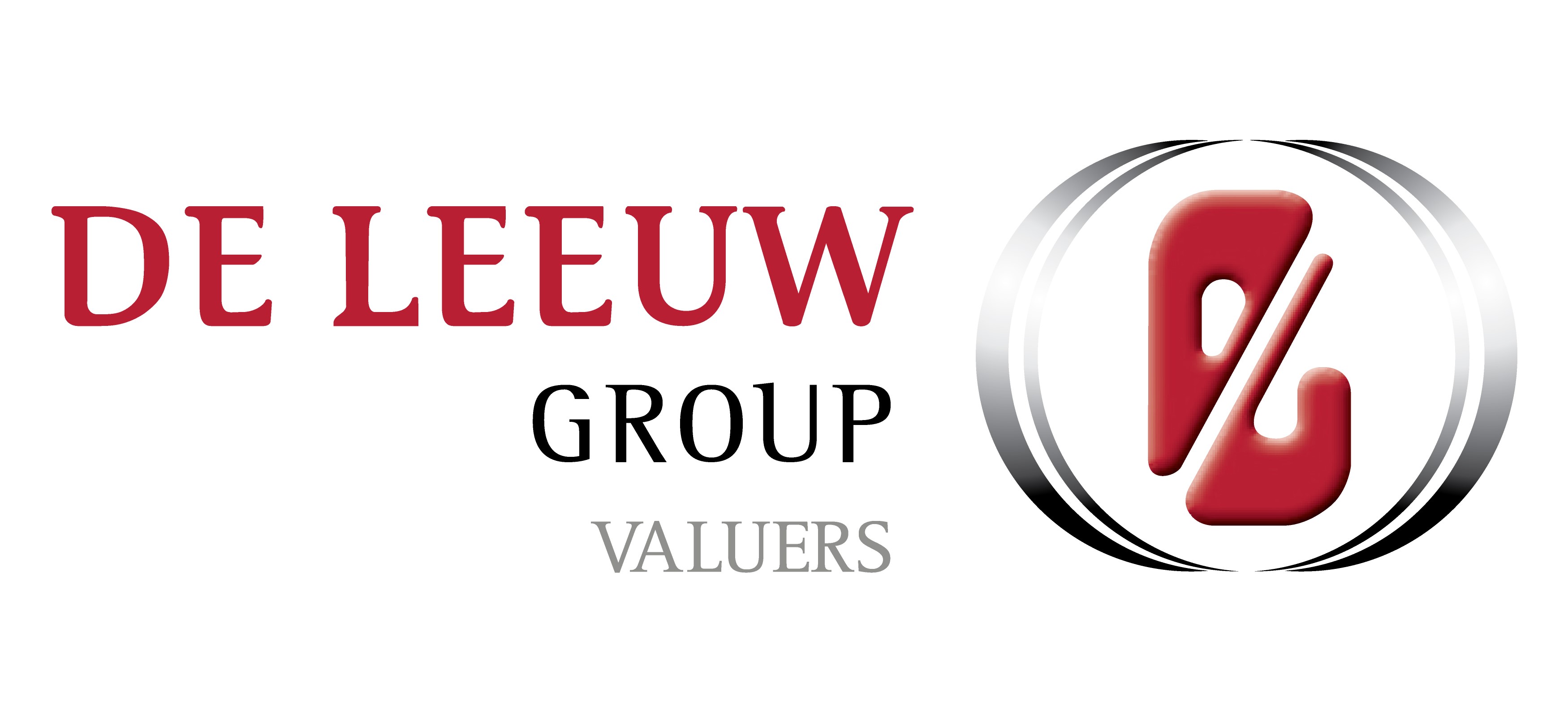 Name: De Leeuw Valuers Cape Town
Name: De Leeuw Valuers Cape Town Property Valuation Services
 Name: E C Mobility
Name: E C Mobility International property, law and immigration
 Name: Edward Tokolo Kasete
Name: Edward Tokolo Kasete Real Estate Specialist - Our Associate in Namibia
We offer an international platform of specialist hospitality property and/or business brokering services by listing and marketing for sale or lease or by investment partner arrangement or management agreement arrangement of a variety of hospitality products (i.e. hotels, resorts, boutique hotels, guest houses, guest lodges, B&Bs, game resorts, wine farms, yachts, cruise liners, etc) through our association with EC Mobility (in Portugal and Spain), BON Hotels (Africa), Giovanni Conti (Italy, North and East Africa, Sri Lanka), Nuno Boquinhas (Portugal, Azores, Madeira, Mozambique), Property 24, Seeff Property Services, Harcourts, Realnet, RE/MAX, Dogon Property Group, Rawson Estates, among many other prominent commercial estate agencies throughout Southern Africa - and now we are entering other African Countries on the East and West Coasts of Africa and moving further abroad! To date, Exquisite Hotel Consultants has a presence in over 80 countries - and counting...
Working with the above-mentioned agencies and others provides the largest possible reach nationally and internationally for all prospective buyers and sellers wishing to enter or exit the Hospitality Industry.
Sister websites have been opened in the following countries: United Kingdom: see www.exquisitehotelconsultants.co.uk, and in Germany: see www.exquisitehotelconsultants.de, and in the United States of America: see www.exquisitehotelconsultants.us.
Please note that several of our hospitality properties and/or businesses for sale or lease or through business partnership arrangements or management contracts are officially "Off-Market" - mainly for privacy reasons. Therefore, they are not listed as part of our hospitality properties/businesses for sale or lease stock. Please contact me for further details.
Should you be considering to sell or buy or lease or obtain a partnership arrangement or management agreement arrangement for your hotel, boutique hotel, resort, guest house, B&B, game lodge, game resort, guest farm, yacht or cruise liner etc, I would be most pleased to provide you with further details of our way of working to effectively market and sell your property(ies) and/or business(es).
 Name: Electrolux Professional
Name: Electrolux Professional Food Service, Beverage and Laundry Solutions
Electrolux Professional is a leading global provider of foodservice, beverage and laundry solutions, serving a wide range of customers globally, from restaurants and hotels to healthcare, educational and other service facilities.
 Name: Exquisite Hotel Consultants' Hospitality Training Department
Name: Exquisite Hotel Consultants' Hospitality Training Department Learn to speak Hotel English (one-to-one online course)
Our TEFL trained tutors teach the following functions
The course consists of 21 lessons (4 to 5 one-hour lessons per month).
 Name: FVE Interiors
Name: FVE Interiors Interior Design
 Name: Healing Earth
Name: Healing Earth Hotel Amenities - inspired by Africa
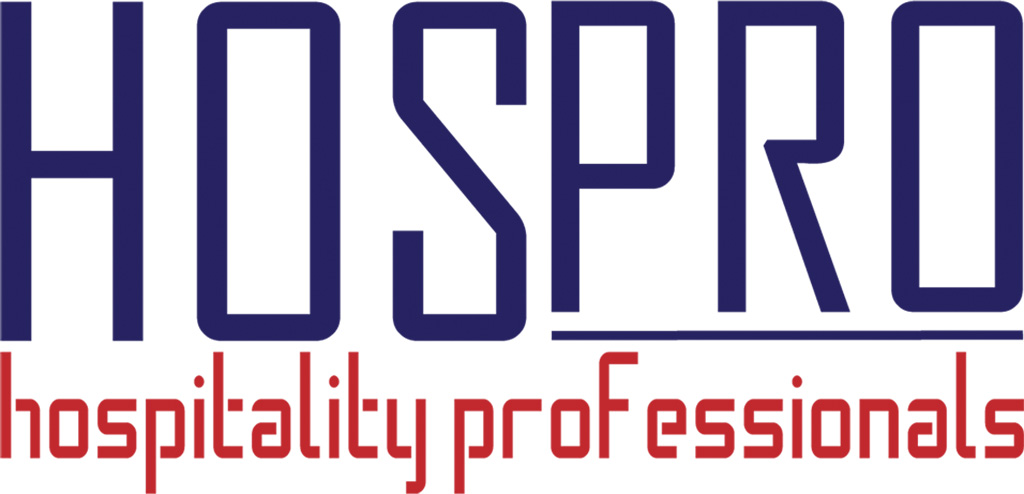 Name: Hospro
Name: Hospro Hospitality Consultancy and Procurement
 Name: Hotel Revenue Management
Name: Hotel Revenue Management Revenue (yield) Management
Online room inventory Distribution & Rates optimisation
Implementation of Best Available Rate (BAR), in conjunction with point 1 & 2
 Name: Indigo Real Estate Agency
Name: Indigo Real Estate Agency Real Estate Agency - Our Associate in Mozambique
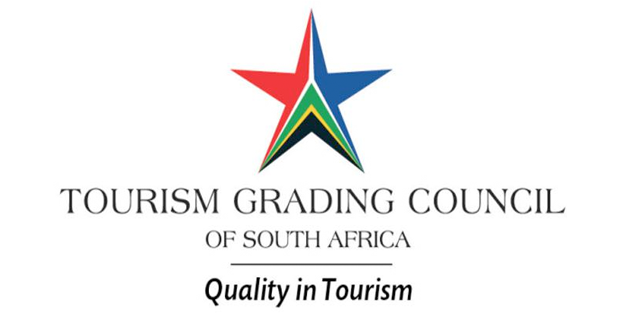 Name: Lisa Dunn - Tourism Grading Assessor
Name: Lisa Dunn - Tourism Grading Assessor Tourism Grading Assessment
 Name: Ooba (Pty) Ltd
Name: Ooba (Pty) Ltd Mortgage Origination
ooba offers you:
 Name: SK Sambu Tours & Transfers
Name: SK Sambu Tours & Transfers Johannesburg based Tours & Transfers Operator
We look forward to being of service to you.
Kind regards
King Sambu
 Name: Soul Private Collection
Name: Soul Private Collection Hotel Management and Marketing
 Name: The Dumb Butler Hospitality Suppliers
Name: The Dumb Butler Hospitality Suppliers Hotel Linen Suppliers
LUX Award Winners 2021 for The Best Hospitality Suppliers. We are a proudly South African brand established in 2006.
We Supply:
 Name: The High Street Auction Company
Name: The High Street Auction Company
Property Auctioneers
Appreciating Property Value
 Name: Touch Point Retail
Name: Touch Point Retail Smart Interior Design
Cliff Jacobs (Nat Dpl Hotel Man (UJ). MPRE. GA Level 5 TEFL) Managing Principal / CEO Exquisite Hotel Consultants (Pty) Ltd Mobile: +27 (0) 84 413 1071 / +27 (0) 61 716 6951 Email: cliff@exquisitehotelconsultants.com Web: https://www.exquisitehotelconsultants.com © All rights reserved Terms and Conditions apply Scroll down to view our Hospitality Properties and Businesses for sale or lease or lease-to-buy or partnership arrangement or management agreement arrangement.